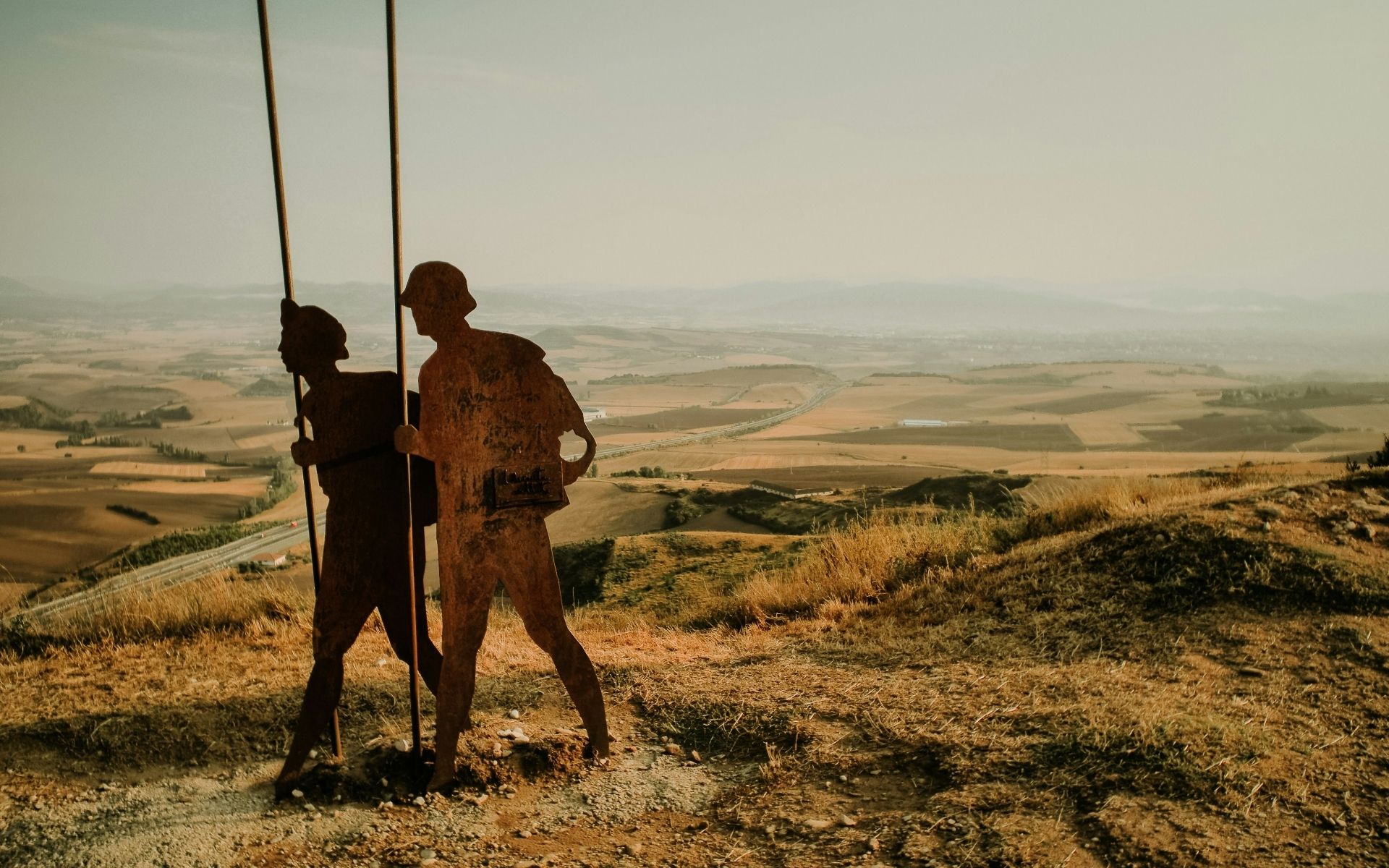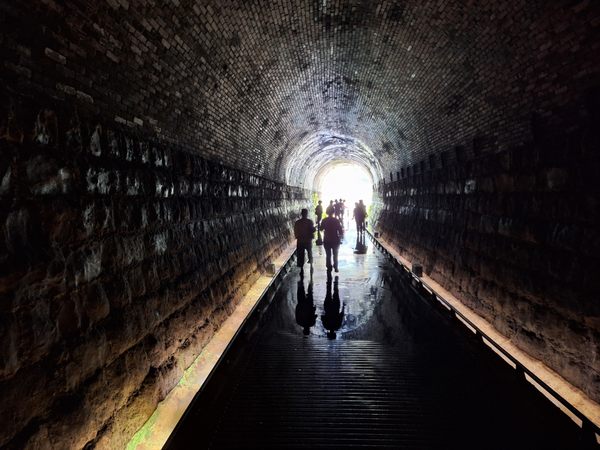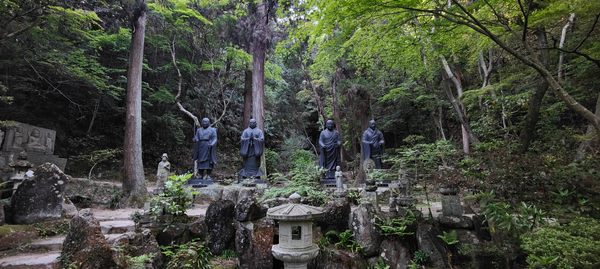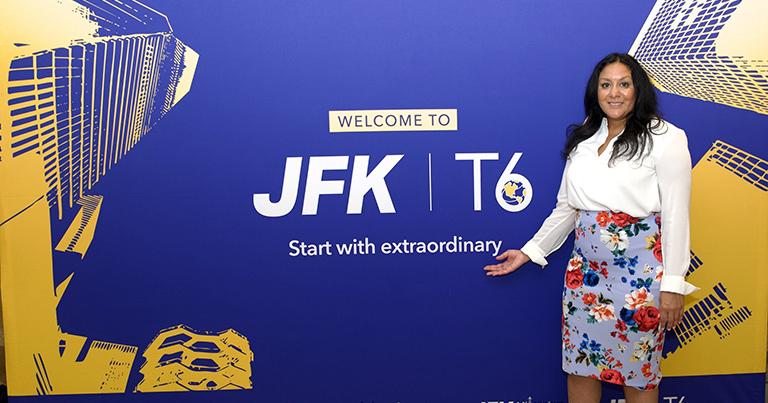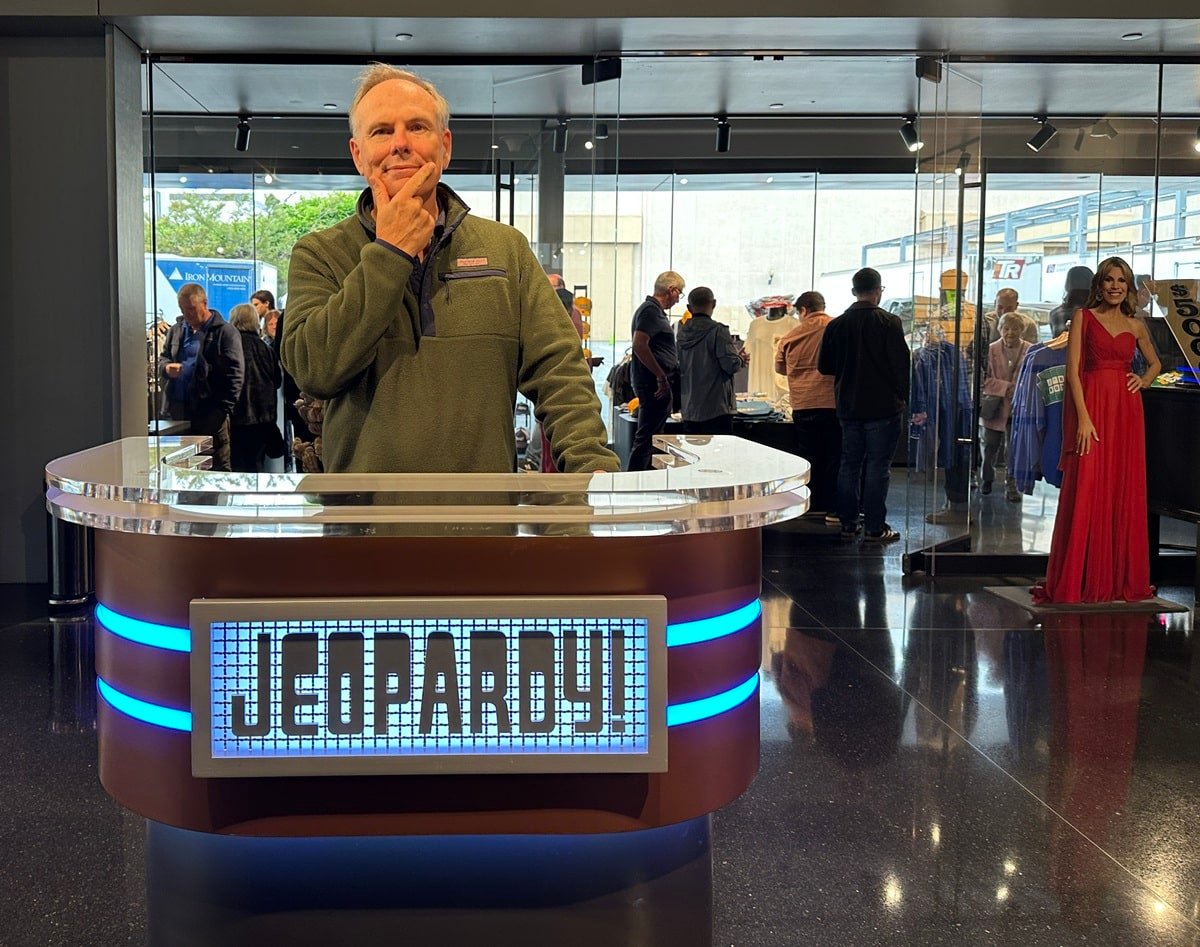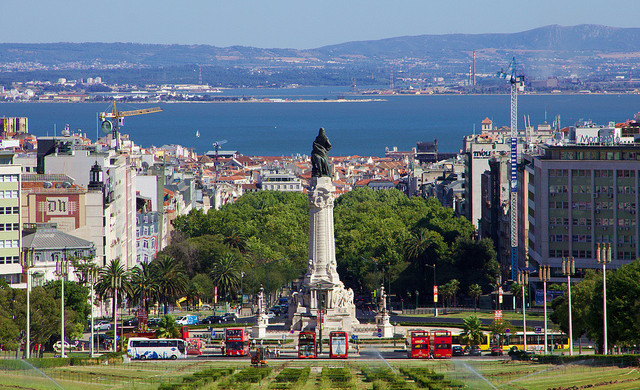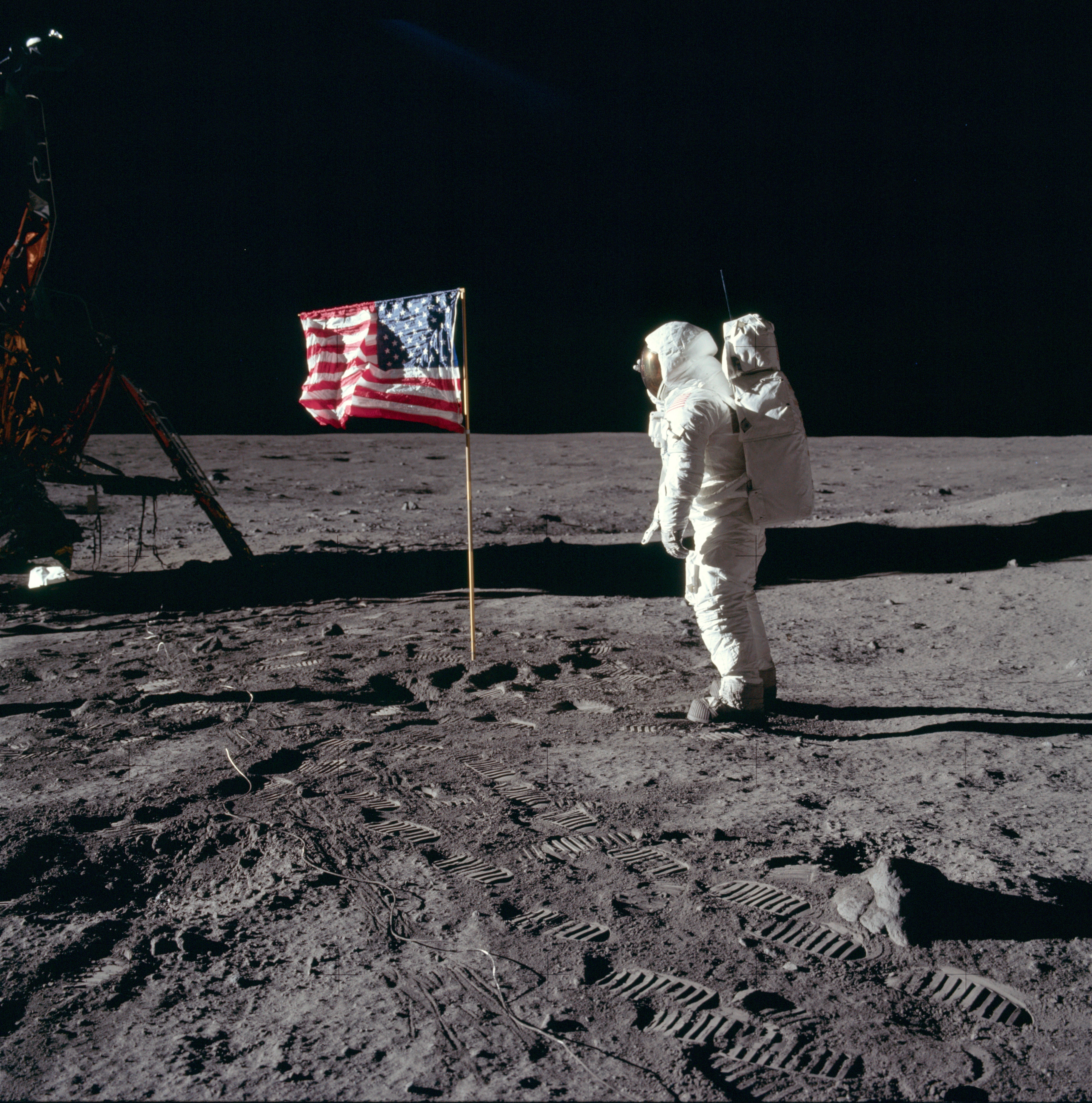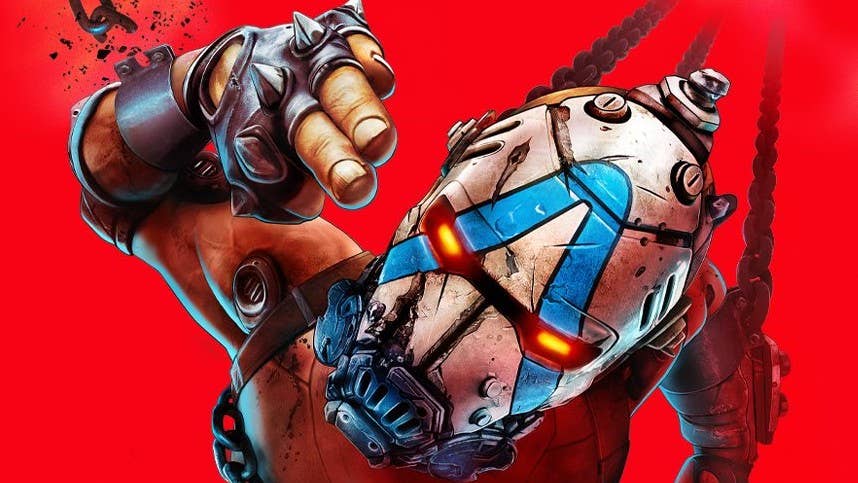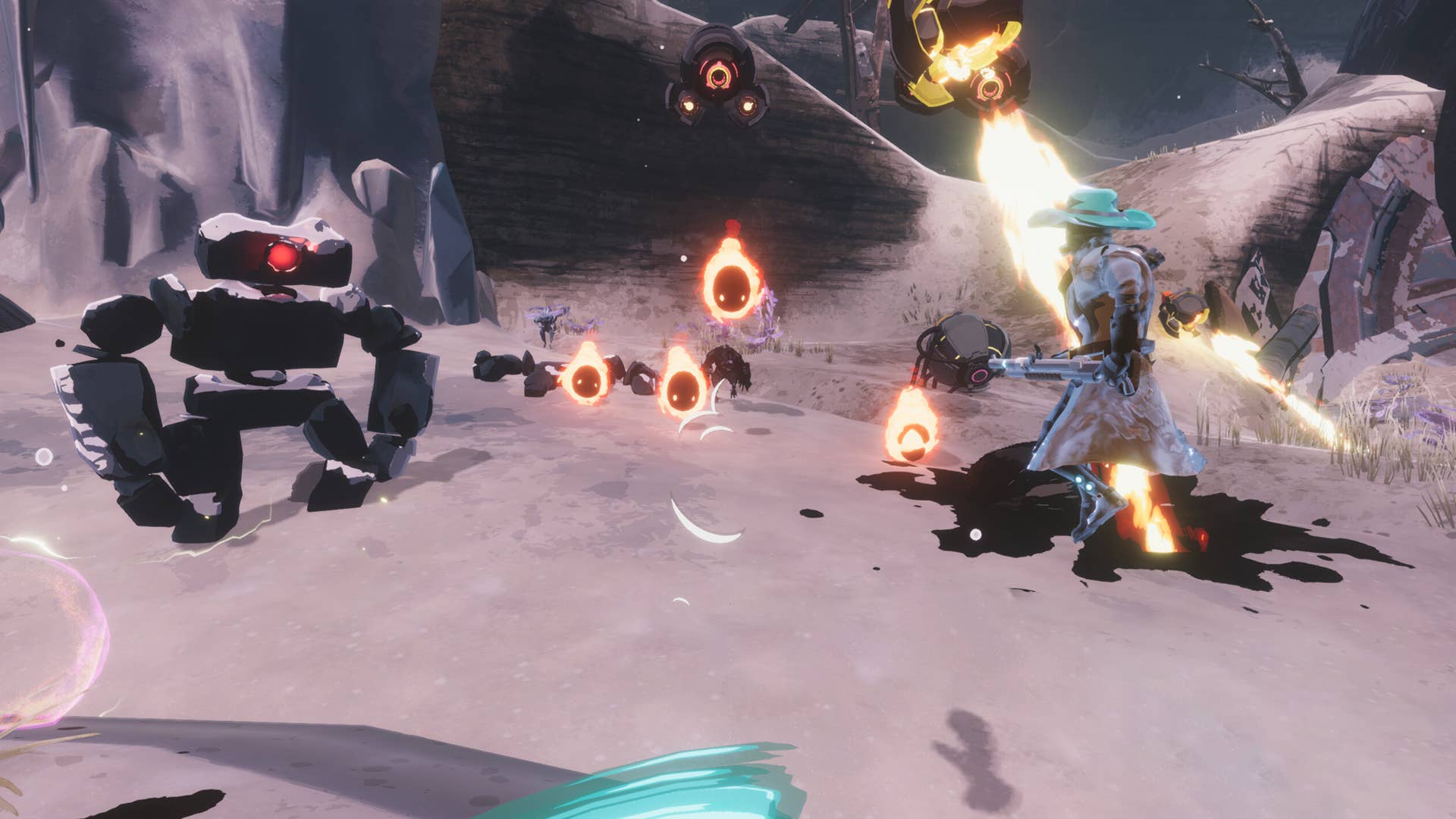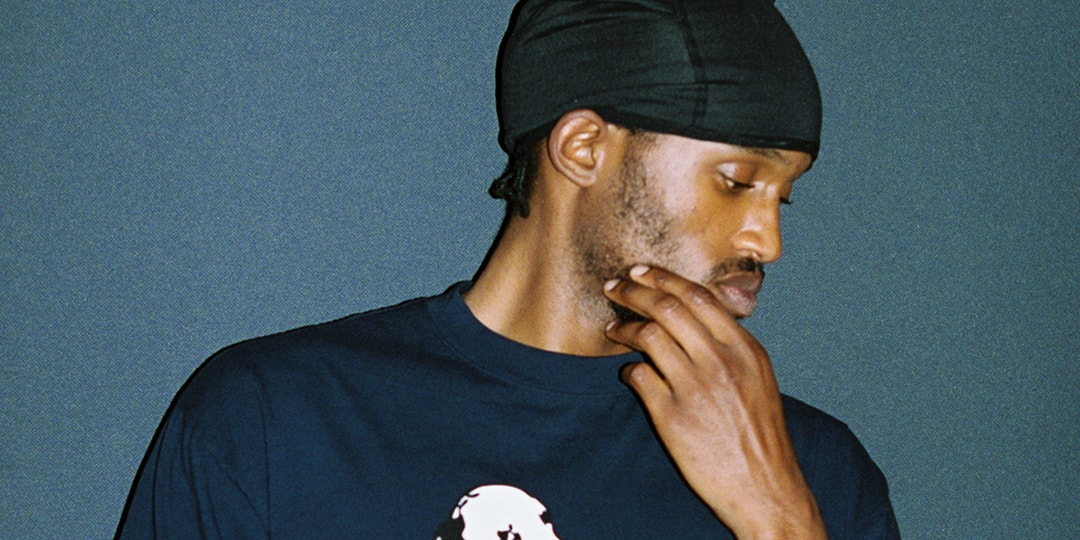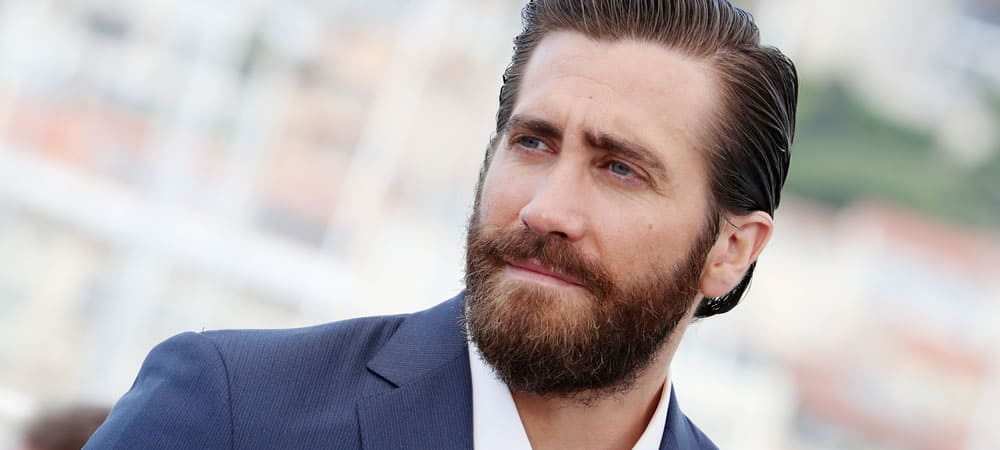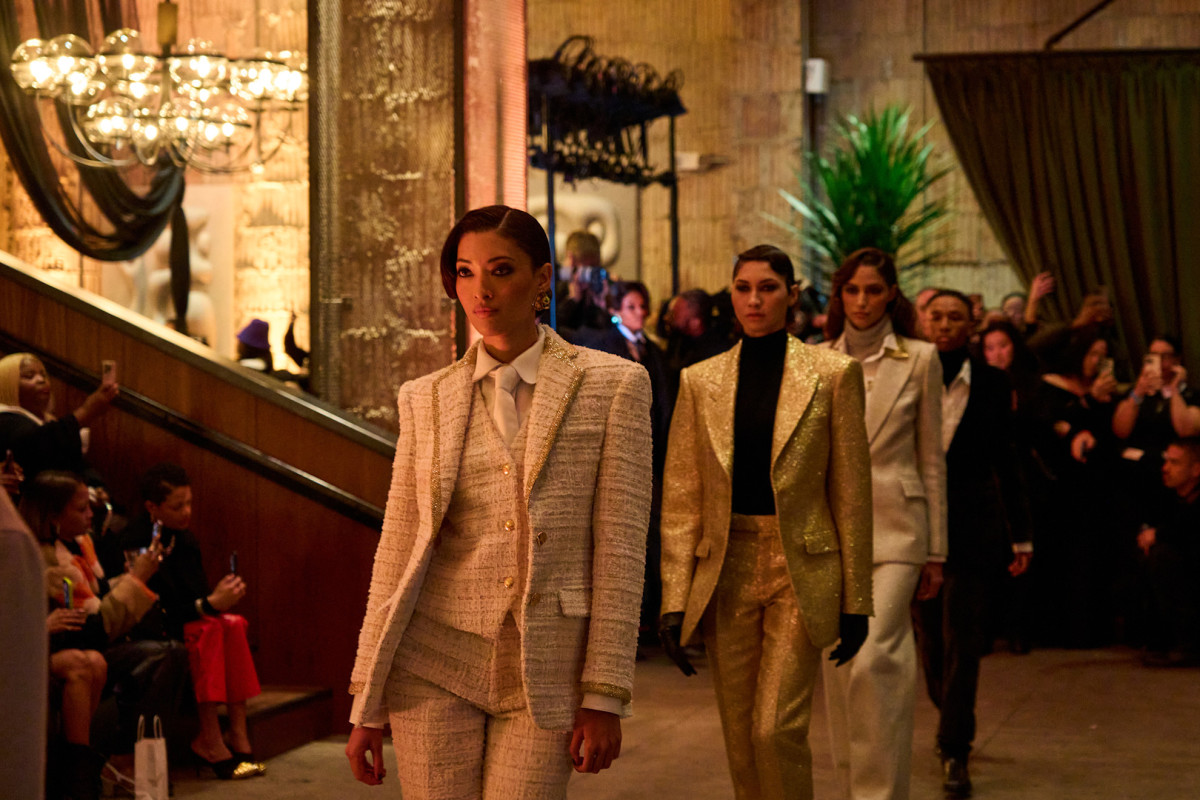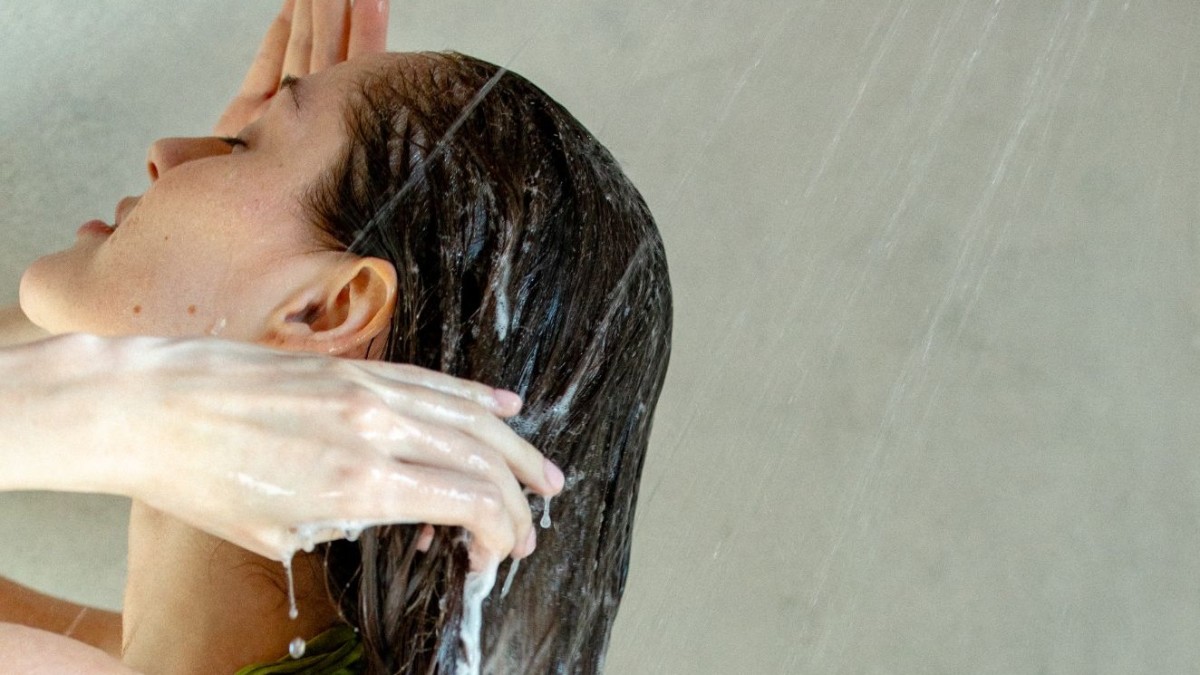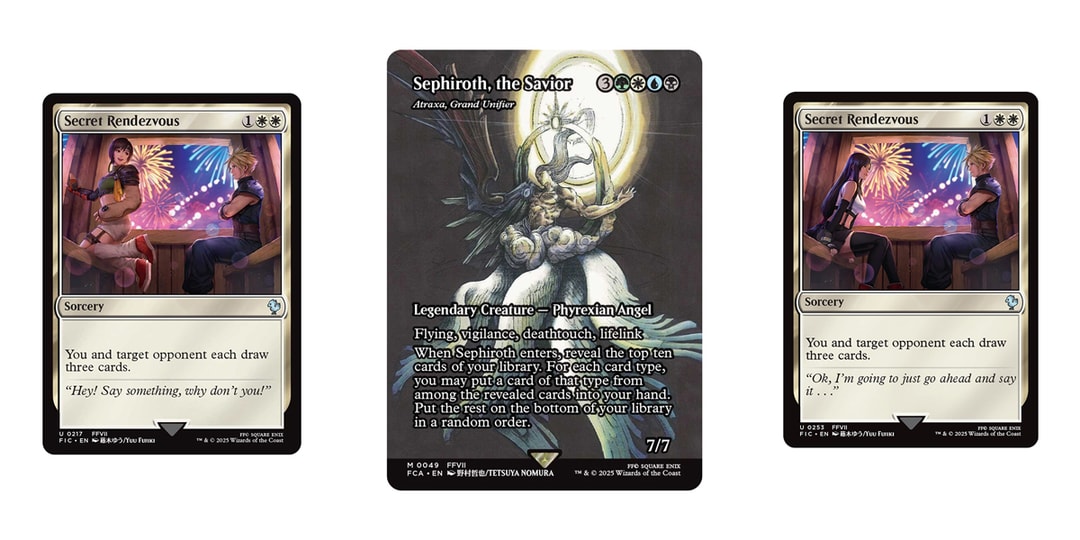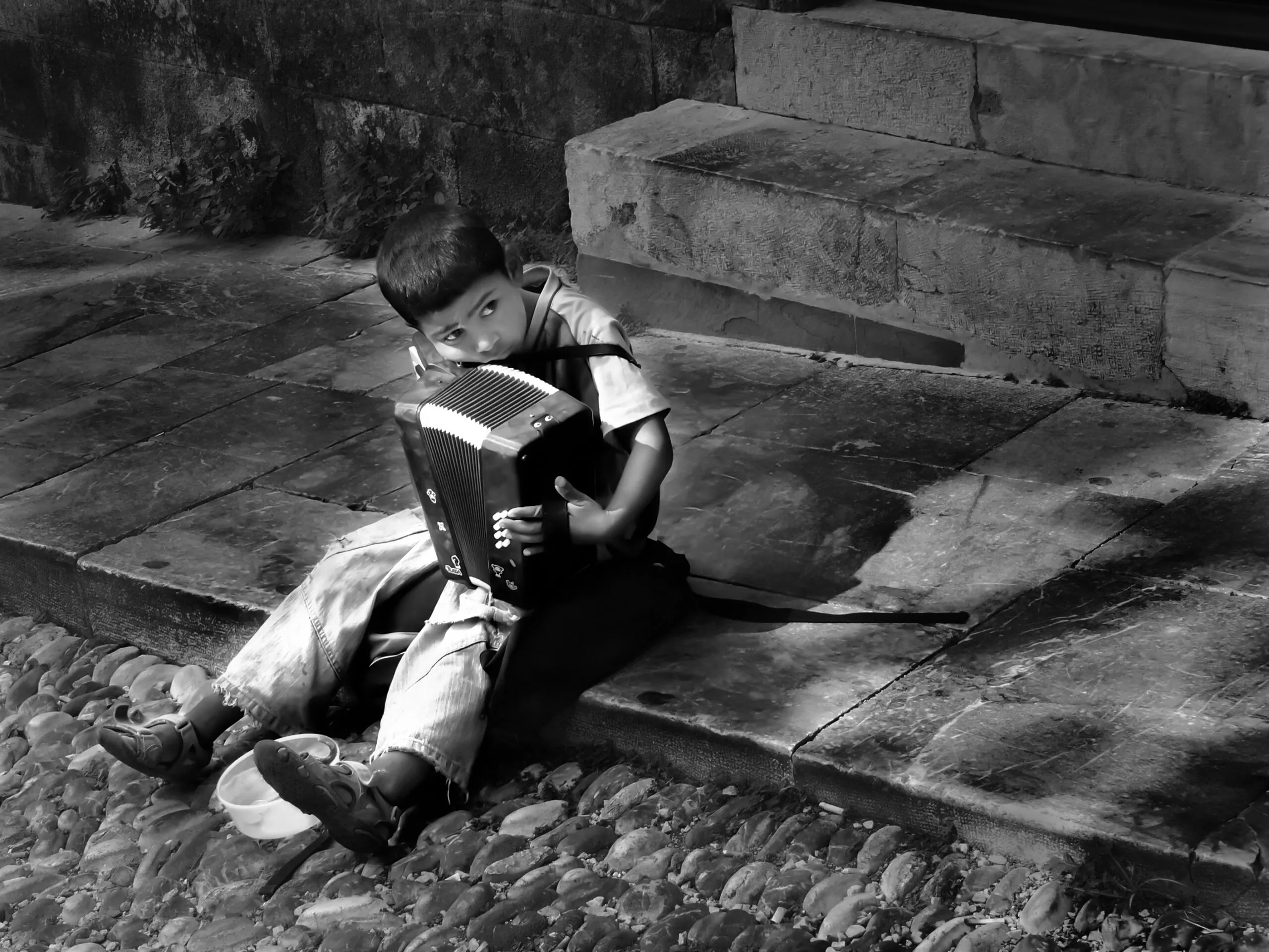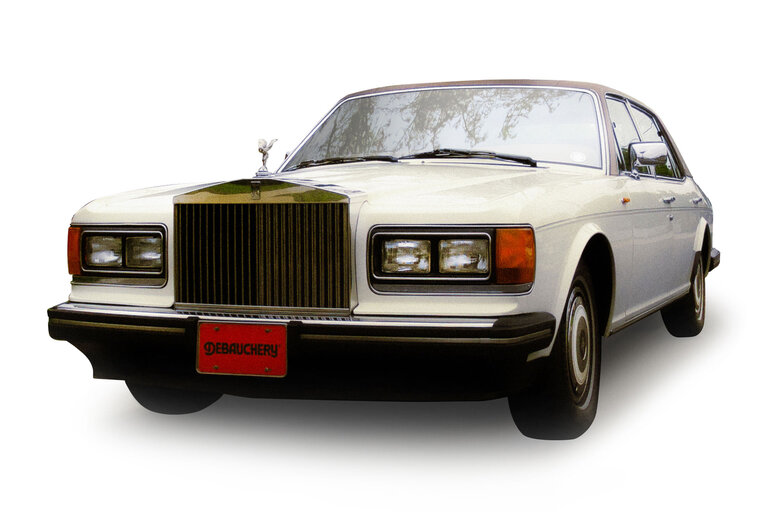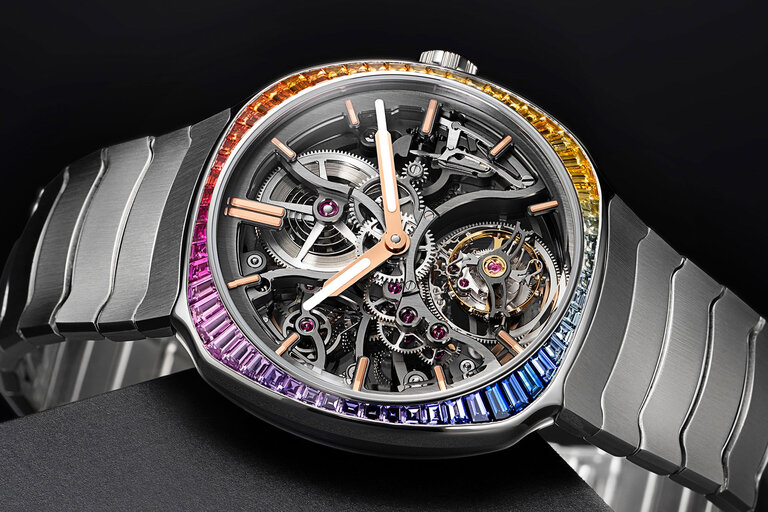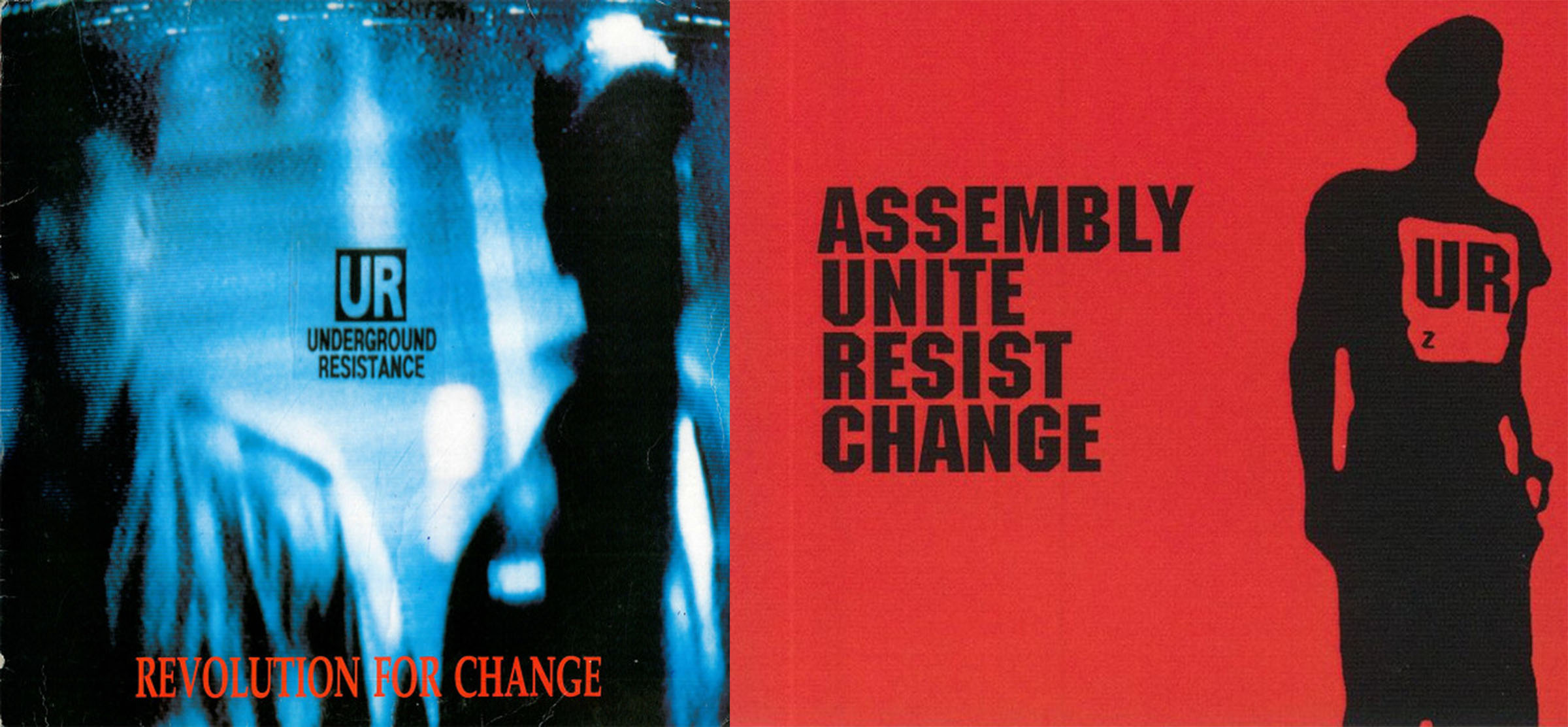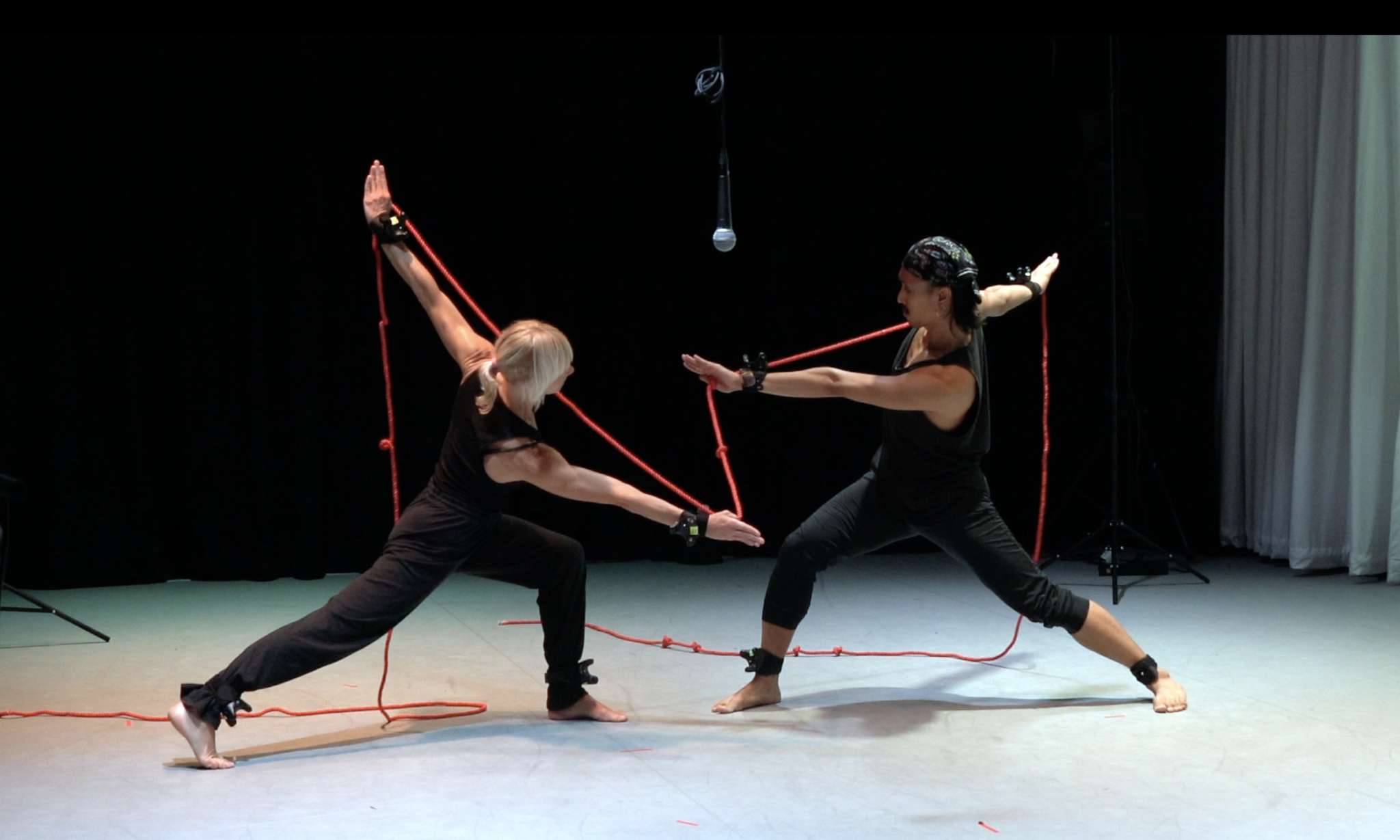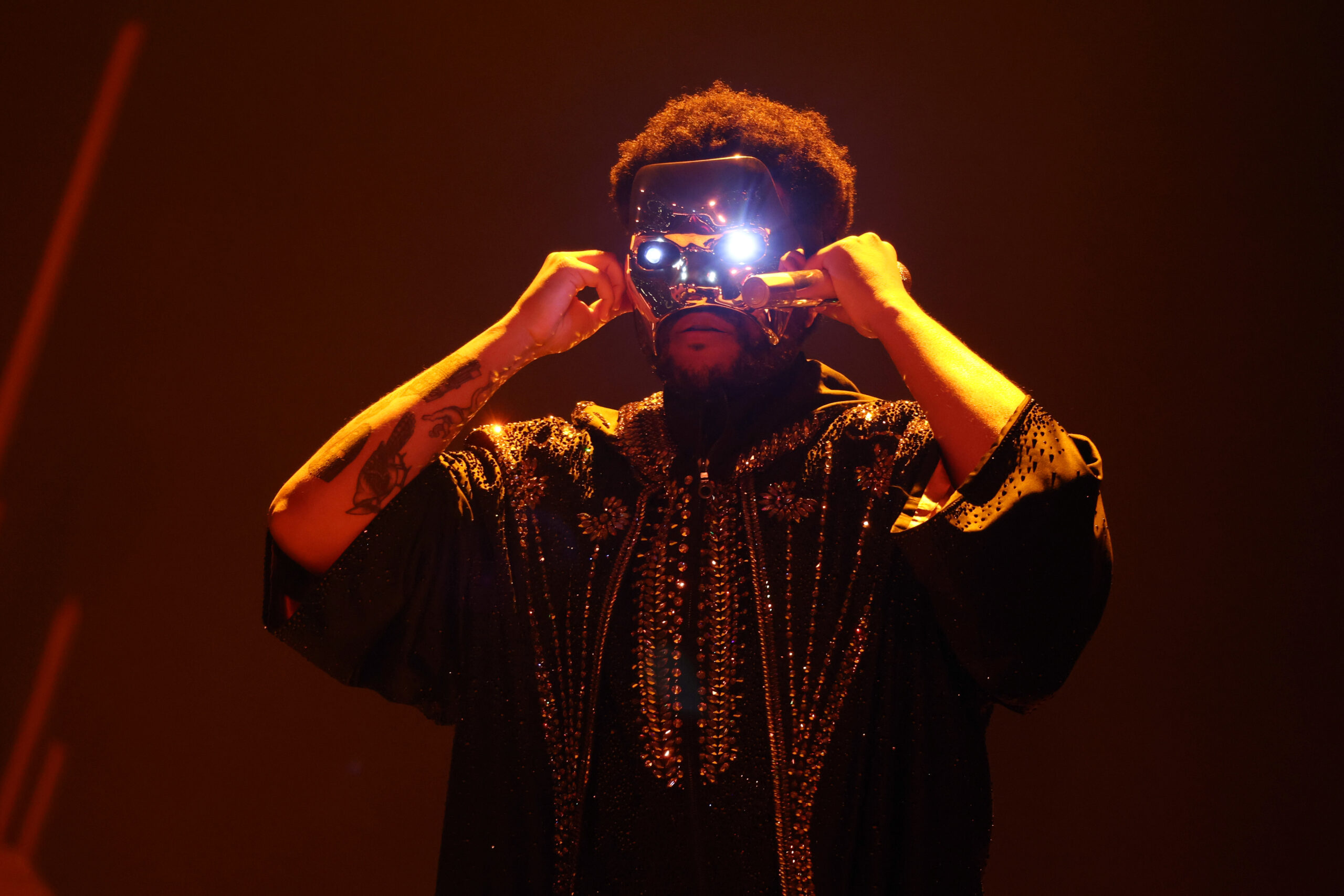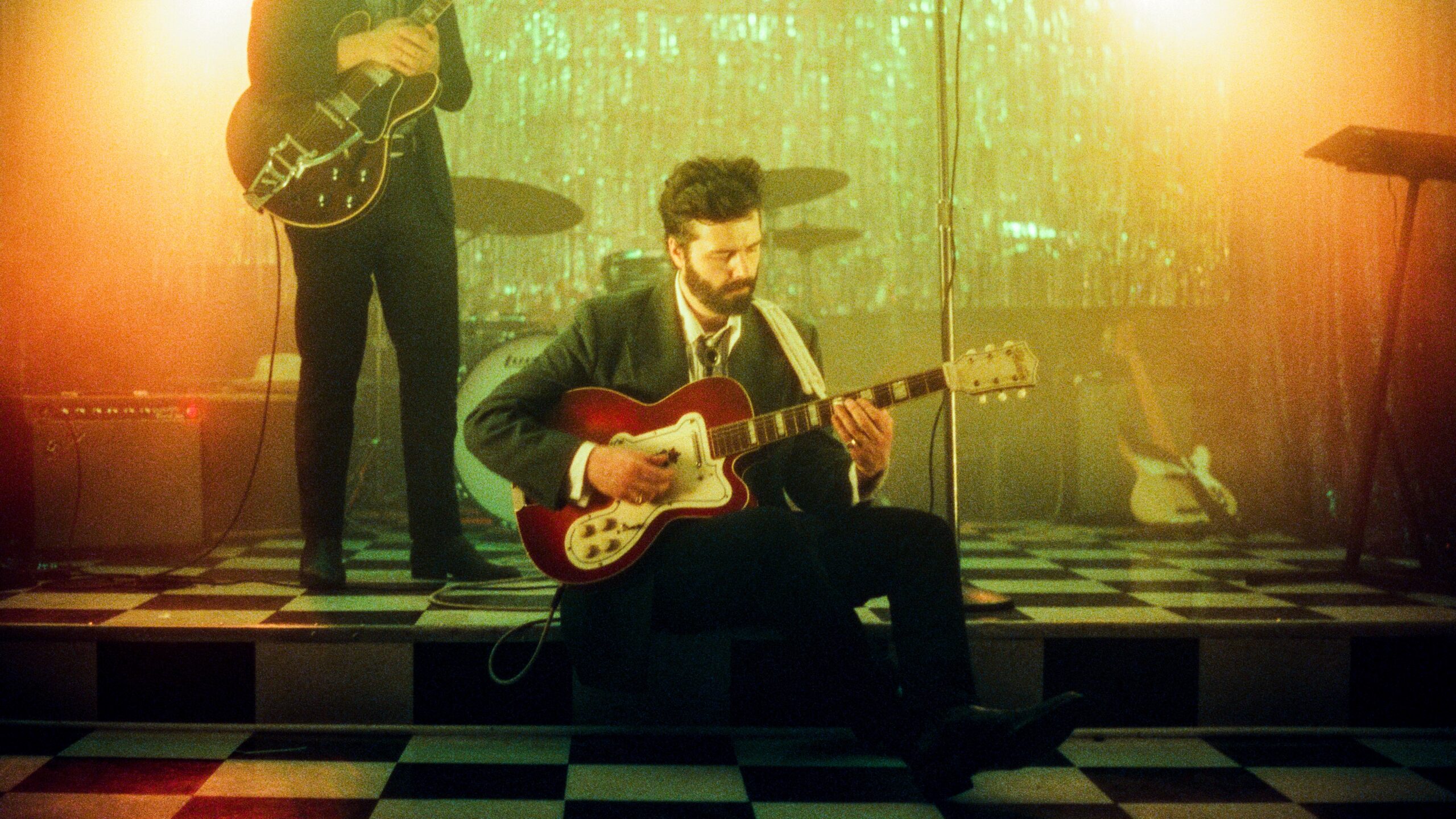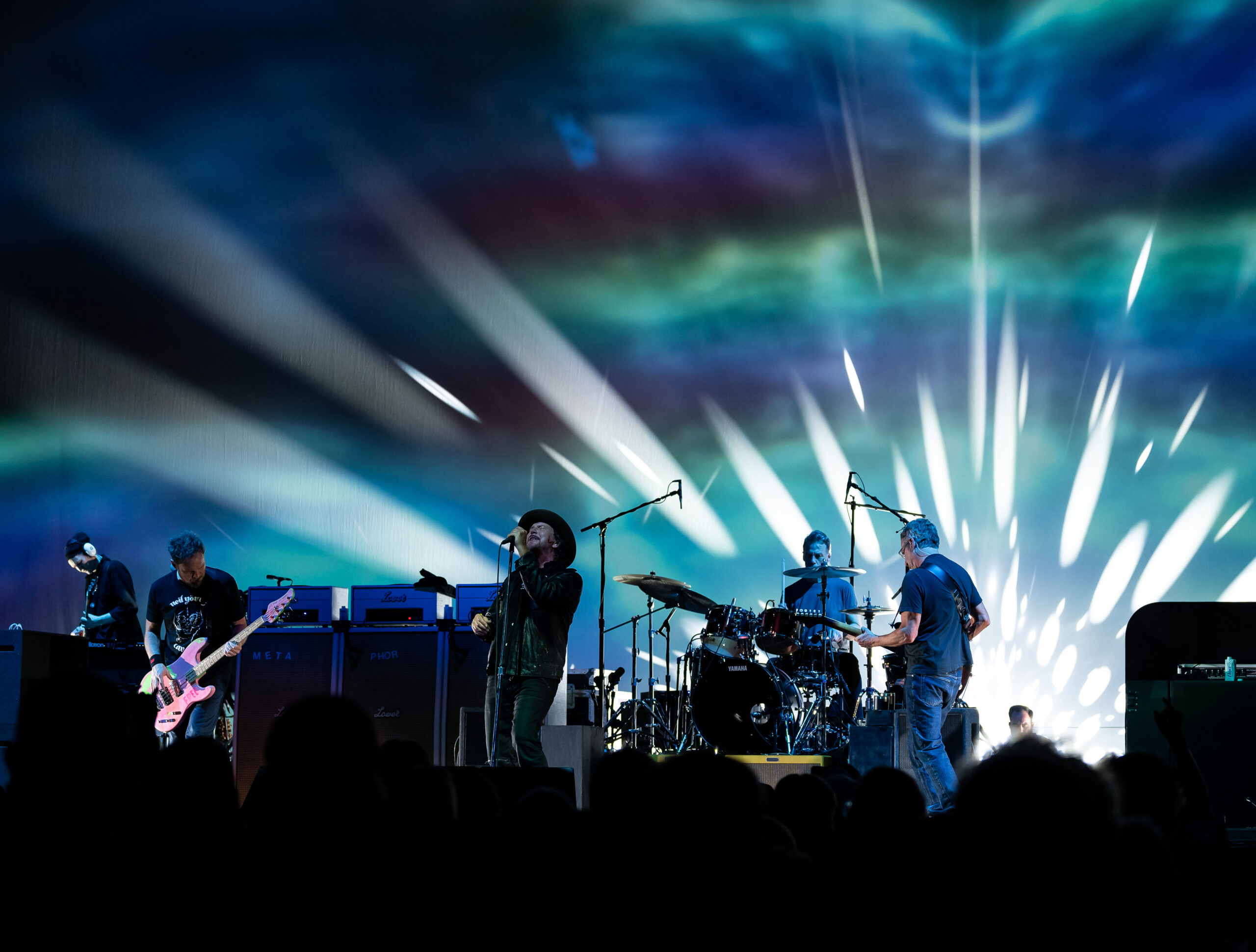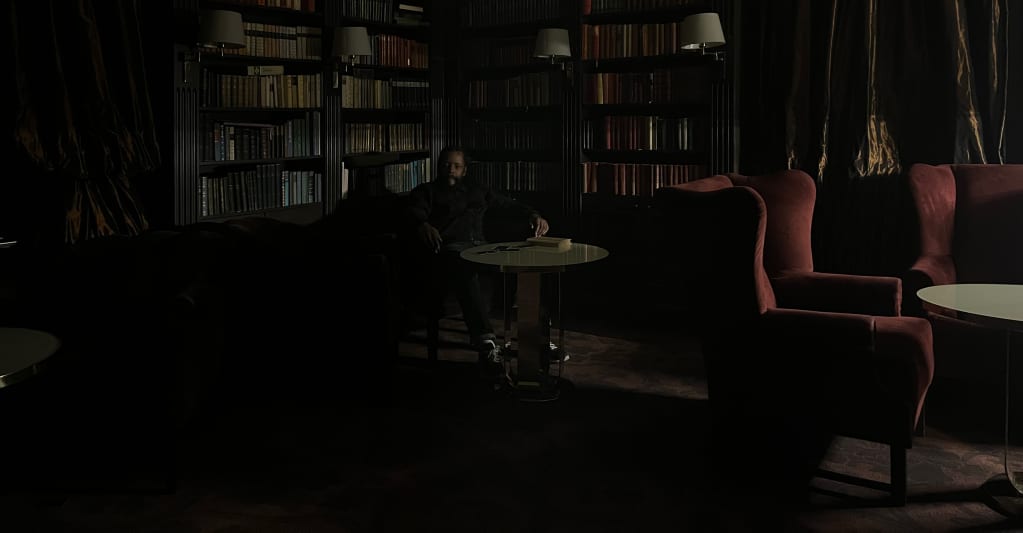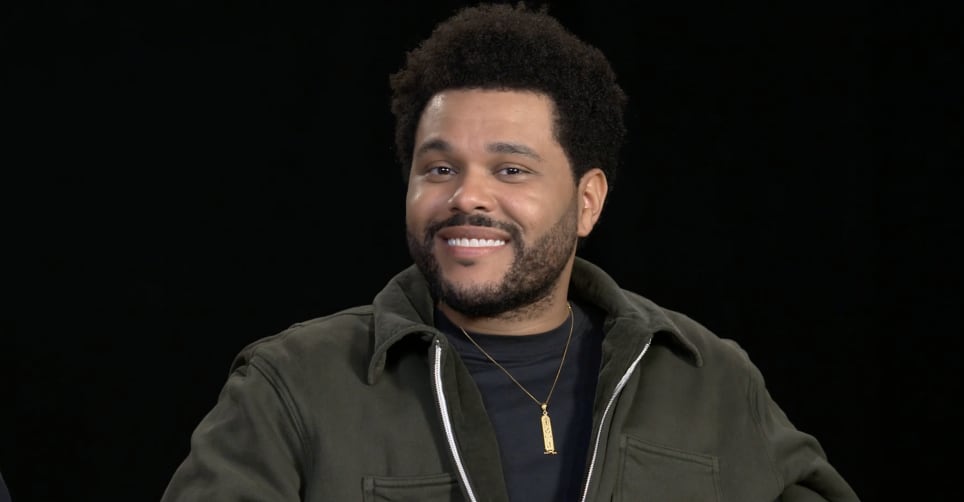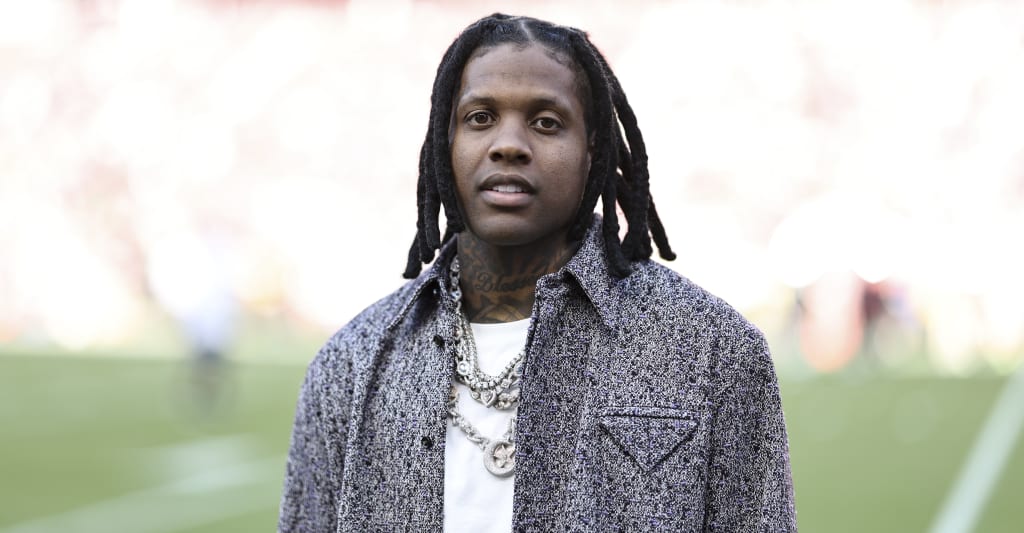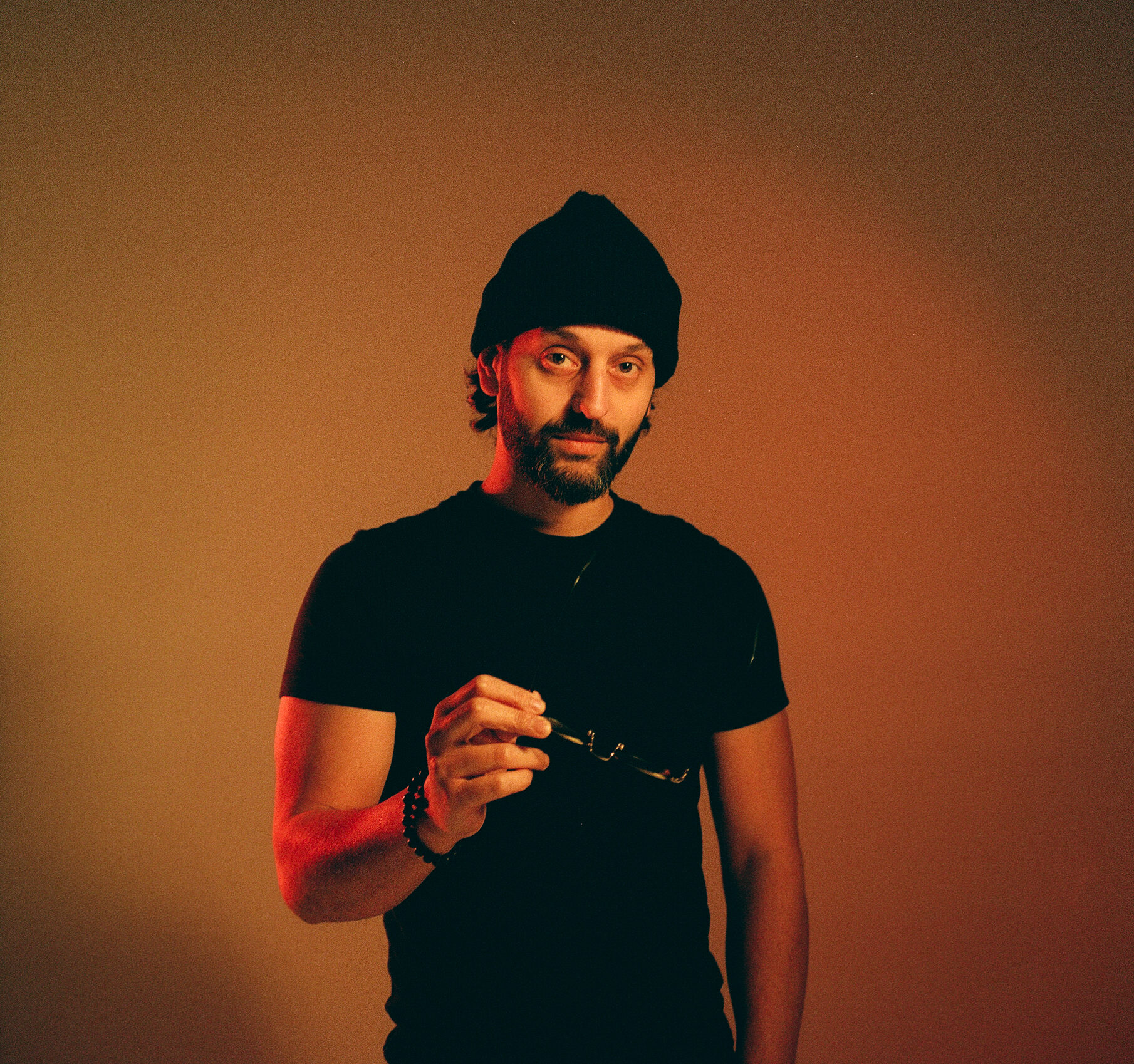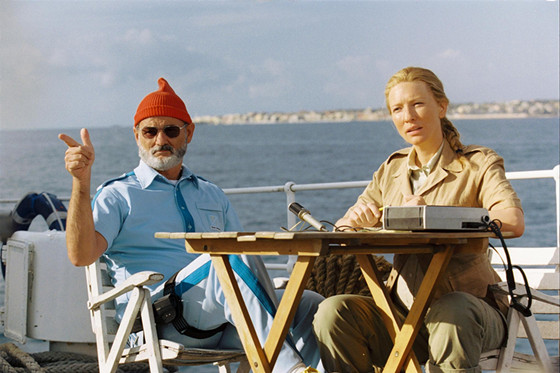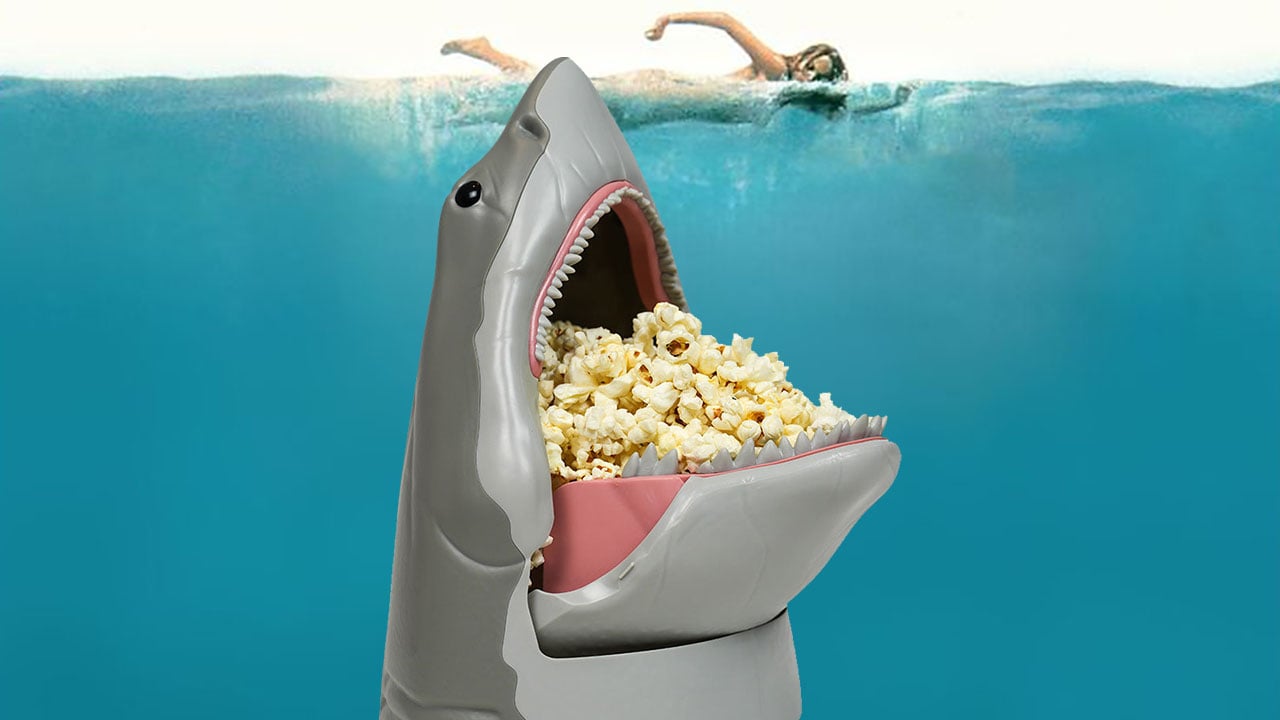10 Thriller Movie Classics You Probably Haven’t Seen
The films described in this list have been undervalued as interesting, thoughtful variations of the thriller genre. Oftentimes, their intentions have been misinterpreted, or they were maligned by the release of more popular, popcorn fare. Whilst the thriller’s central purpose is to deliver action and suspense, some of these titles additionally use the genre as […]


The films described in this list have been undervalued as interesting, thoughtful variations of the thriller genre. Oftentimes, their intentions have been misinterpreted, or they were maligned by the release of more popular, popcorn fare.
Whilst the thriller’s central purpose is to deliver action and suspense, some of these titles additionally use the genre as a vessel to explore deeper ideas. In other instances, they were entertainment-focused, but did not resonate with audiences until retrospective appreciation, years later. Furthermore, the sway of critics opinions also has an influence upon audiences’ rejection of films that, in fact, have a lot to offer.
1. The Born Losers (1967)

Loner Billy Jack (Tom Laughlin) attempts to save a town from an invading outlaw biker gang.
Fundamentally, The Born Losers is an exhilarating piece of grindhouse cinema, superior in execution to the unfocused roughness of other ‘60s bikesploitation movies. In addition to its countercultural stylishness, The Born Losers shocked audiences, for its depictions of violence, rape and homosexuality, leading it to be banned in Hungary and Sweden.
Whilst it serves primarily as grimy entertainment, the movie also possesses more thought-provoking concerns. Through its protagonist, Billy Jack, the screenplay delves into the discrimination of Native Americans, the marginalisation of Vietnam War veterans and offers a criticism of police brutality. As a revenge movie, it espouses the anti-authoritarian philosophy of the then-burgeoning hippie movement.
2. The Passion of Darkly Noon (1995)

In North Carolina’s Appalachian Mountains, Darkly Noon (Brendan Fraser) escapes from a cult. He is rescued by the seductive Callie (Ashley Judd). During his stay, Darkly grows infatuated with Callie. This proves to be an issue when Callie’s husband Clay (Viggo Mortensen) returns.
The Passion of Darkly Noon is a film unlike any other. Its uniqueness is built through John de Borman’s peculiar, majestically dreamlike cinematography, evoking the paintings of Andrew Wyeth and Edward Hopper. In one iconic scene, Darkly Noon watches a giant silver shoe inexplicably floating down a river. In another, the characters behold a family emerge from the forest’s shadows, accompanied by an elephant. Unusual for a thriller, The Passion of Darkly Noon is pregnant with significant subtext.
Playwright turned filmmaker Philip Ridley addresses unrequited love, sexual repression, perversion and jealousy, whilst examining the corollaries of blind conformity. The film is populated with fairytale-like figures, from Viggo Mortensen as mute carpenter Clay, to Lou Myers as the eccentric, verbose undertaker Quincy. Boasting an explosive climax, The Passion of Darkly Noon’s hallucinogenic artistic accomplishment and thematic potency is deserving of far more attention than it has so far received.
3. The Immortals (1995)
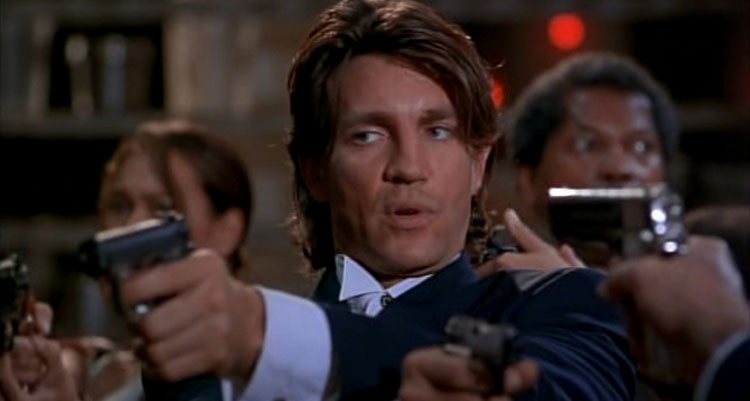
Nightclub owner Jack (Eric Roberts) recruits eight criminals to synchronously commit four different heists. Jack’s mafioso boss (Tony Curtis) suspects it was Jack who orchestrated the robberies and invades his nightclub. The cast includes: Chris Rock, Tia Carrere and William Forsythe.
Superficially, The Immortals is an action-packed, funny caper movie, distinguished by its depiction of multiple heists. What is more, it is stylish, with the slick costumes and evocative set design condensing the coolness of 1990s fashion. That said, The Immortals differs from other crime movies for its message. For the four heists, Jack strategically pairs opposites together. A sexist with a woman, a homophobe with a homosexual, a racist with an African American and an intellectual with a mentally disabled man.
At first, the pairs clash, with the prejudiced member expressing their ignorance and stigma. As the movie progresses, however, they begin to develop affection, understanding and empathy for one another. As a result, The Immortals gives the audience the experience of questioning their own preconceptions of different people. Therefore, The Immortals is an important movie to watch, as it encourages humanity, unity and understanding in the face of diversity.
4. Heaven’s Burning (1997)

Midori (Youki Kudoh) runs away from her new husband (Kenji Isomura) only to be taken hostage during a bank robbery. Whilst on the run, Midori begins to fall in love with her captor, Colin (Russell Crowe).
Heaven’s Burning is an Australian rendition of the neo-noir road movies of 1990s American cinema, such as Wild at Heart (1990) and True Romance (1993). It contains all the trappings one would expect from the genre: a bank heist, a cool vintage car, vengeful gangsters, motels and shootouts. It substitutes the Mojave Desert with the outback, coloured with ironic Australian humour, especially through a wheelchair-bound accordionist.
One particularly interesting character arc sees a straight-laced Japanese businessman mutate into a murderous biker. Whilst moving at an energetic pace of whirlwind violence, at heart, Heaven’s Burning is a highly romantic movie. Russell Crowe and Youki Kudoh (known for starring in Jim Jarmusch’s Mystery Train) forge touching chemistry on a mythic scale, echoing Badlands (1973) and Romeo and Juliet.
5. City of Industry (1997)

Four criminals commit a successful jewellery store robbery. Skip (Stephen Dorff) kills two team members and escapes with the jewels. Roy (Harvey Keitel) tries to track Skip down and reclaim his share.
On the surface, City of Industry is a gritty variation on the caper genre. Rather than detailing a police chase, it sees a criminal pursuing another member of his crew. Refreshingly, it is set amongst the world of Chinese triads, rather than the usual mafia choice. City of Industry’s Generation X style and ‘90s soundtrack are complimented by a cool, conniving performance from Stephen Dorff. Lucy Liu and Elliot Gould also make cameos.
However, though it is not explicitly stated, City of Industry has a palpably existential undercurrent. This is brought to life by Harvey Keitel’s intelligent, layered acting, where he expresses loneliness and melancholy. Whilst the plot follows the roadmap of genre, the introspective tone welcomes differing interpretations. Keitel’s emotions are further expressed through the doleful use of neon lighting.




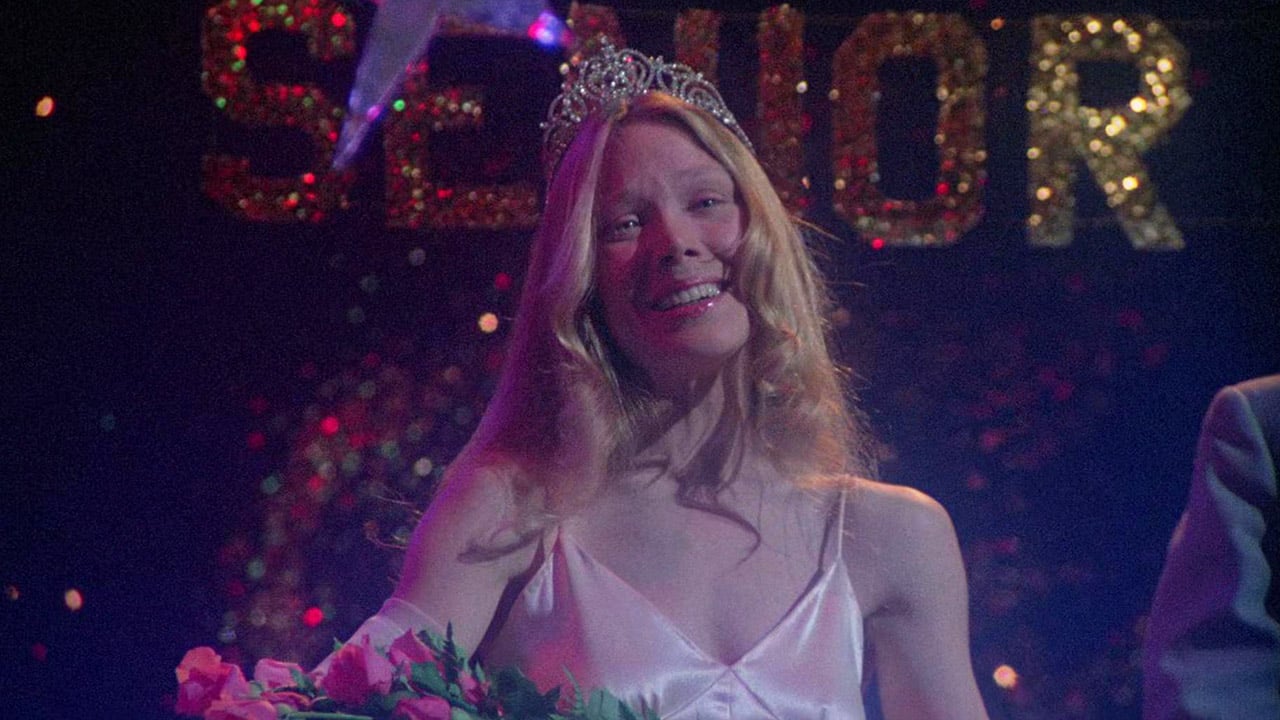
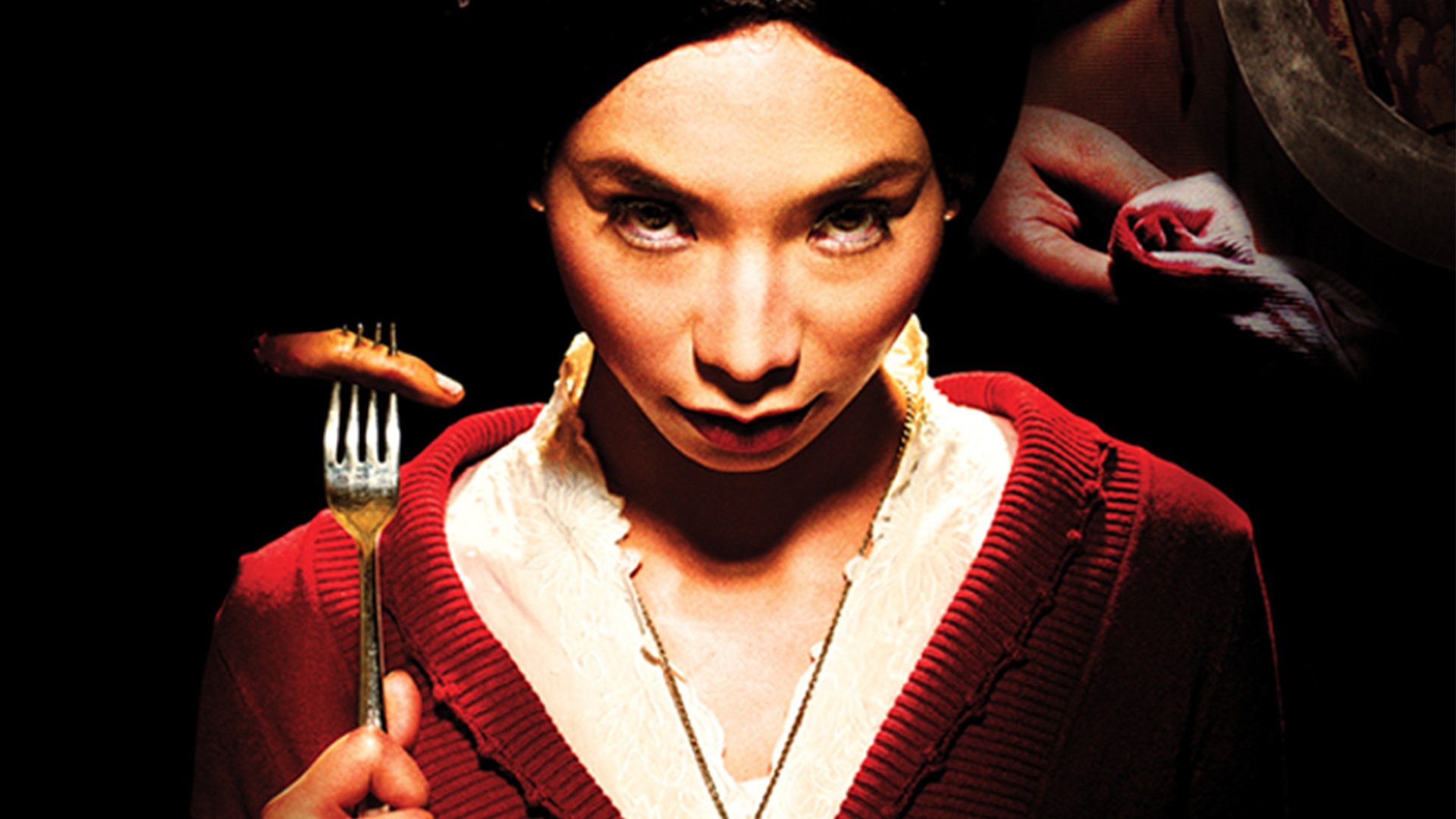
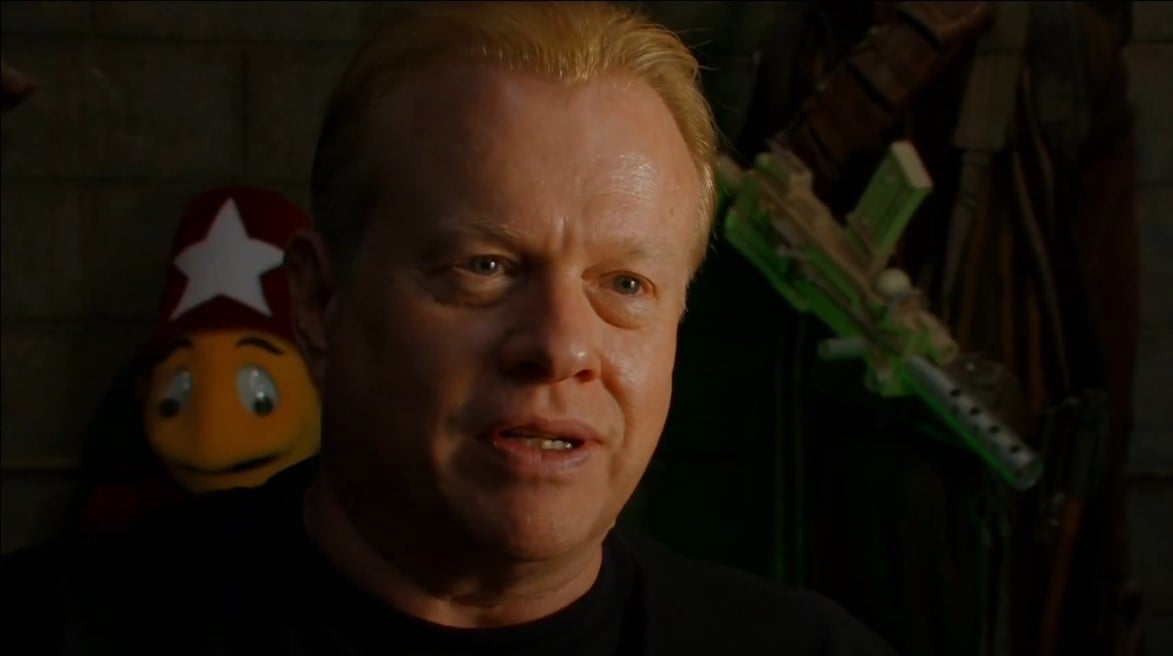
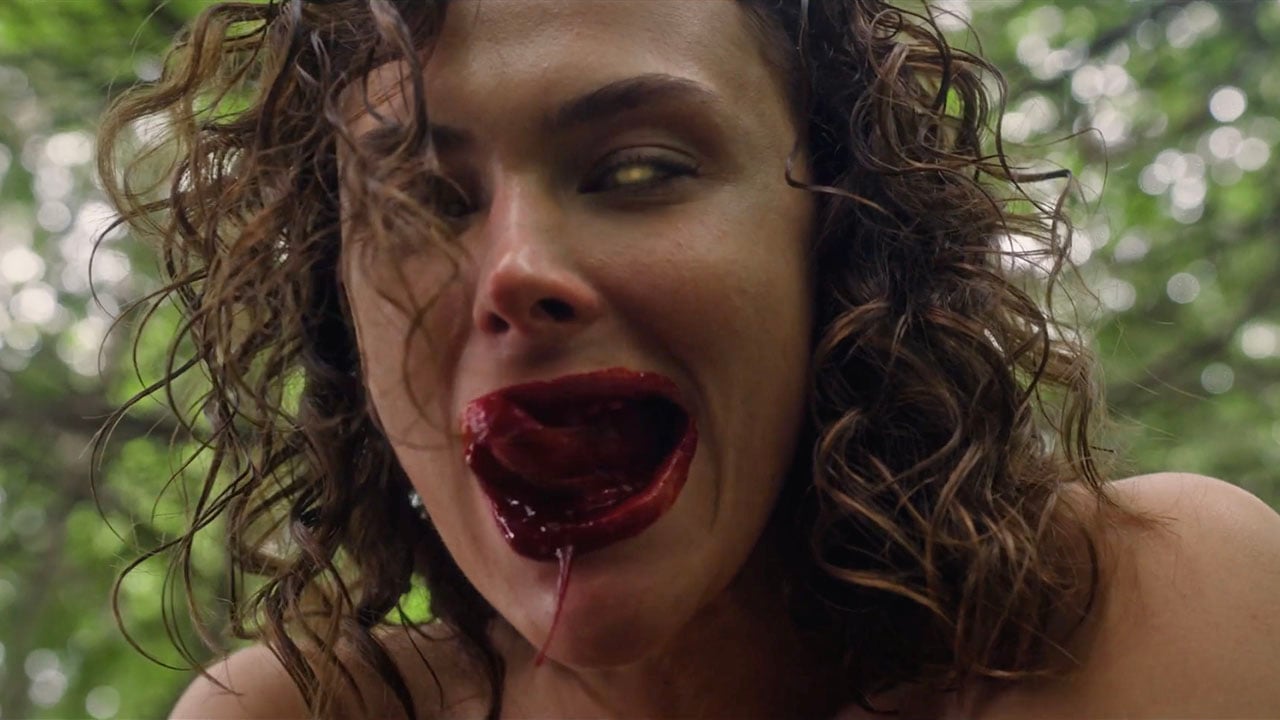












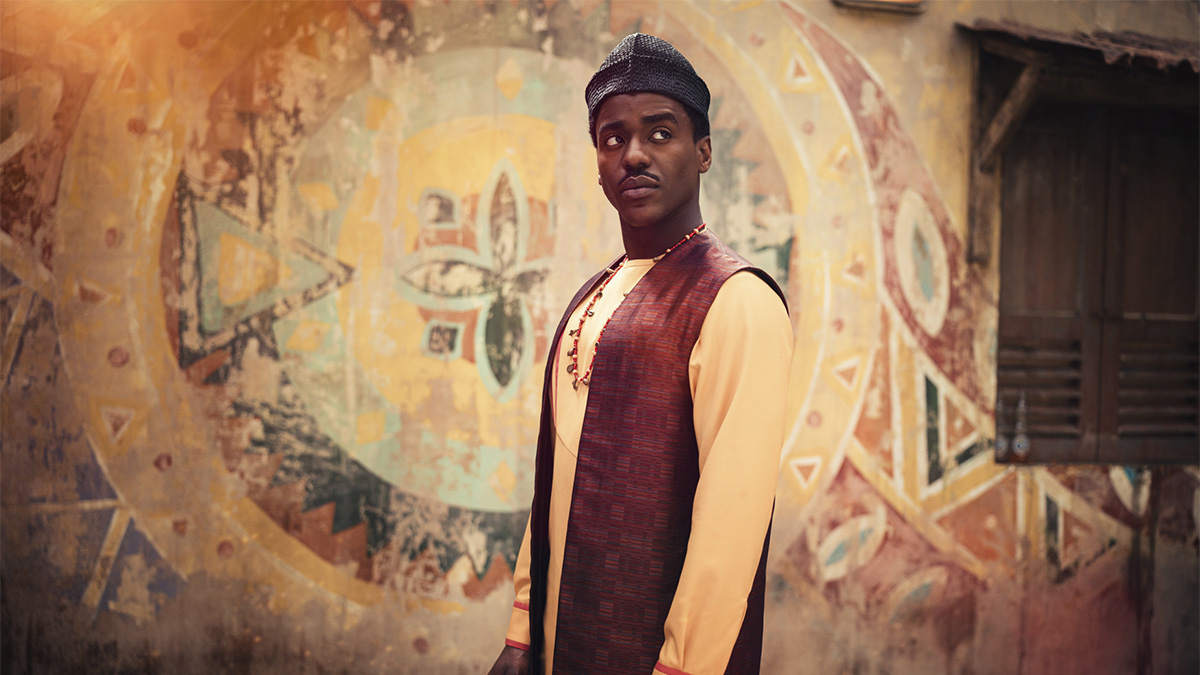
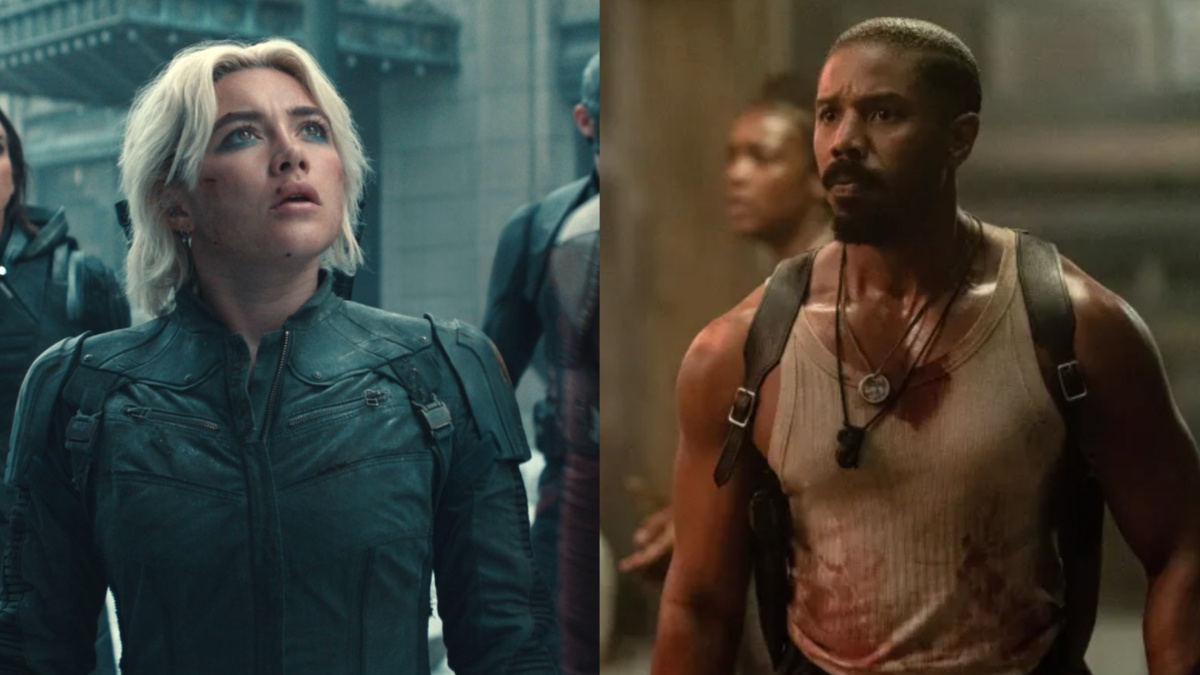

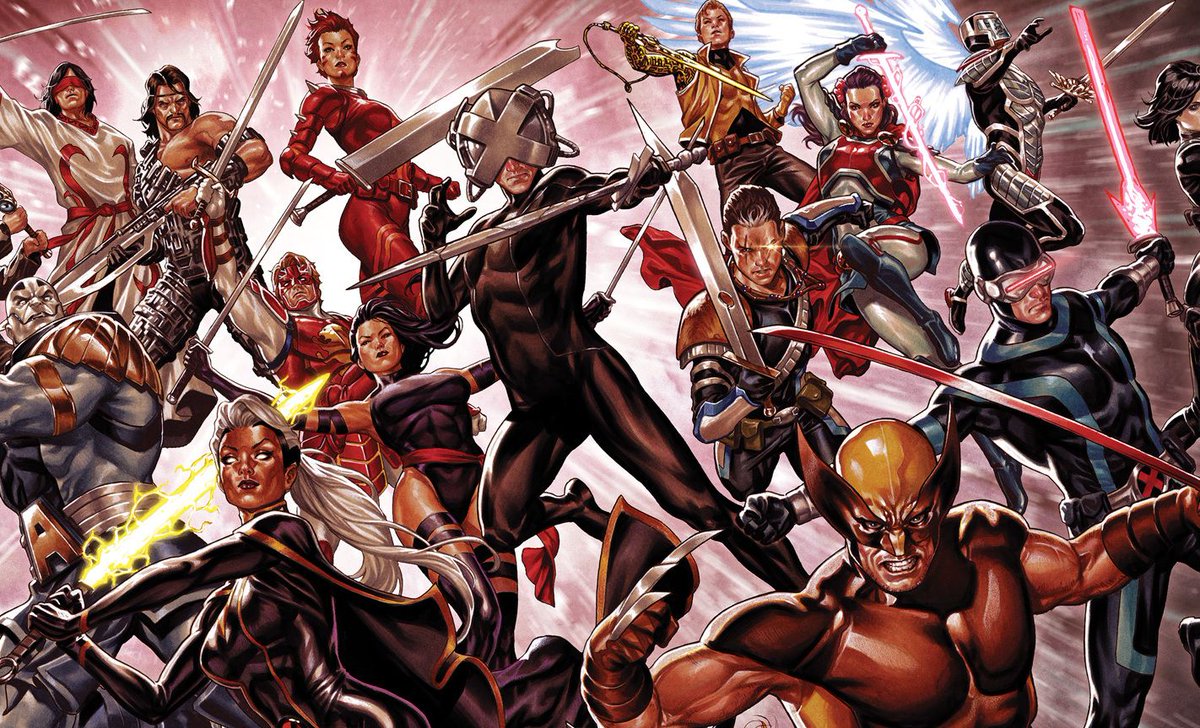




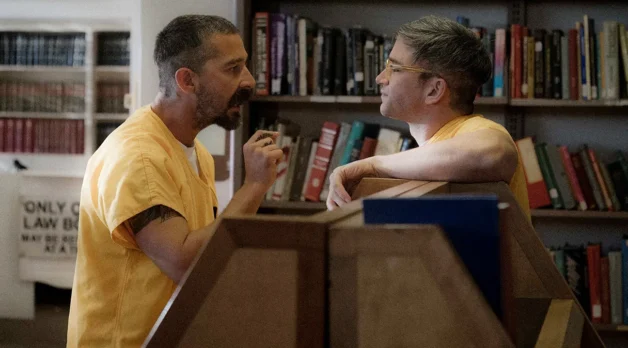


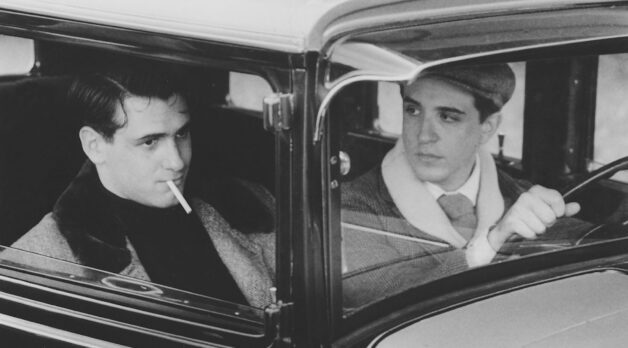








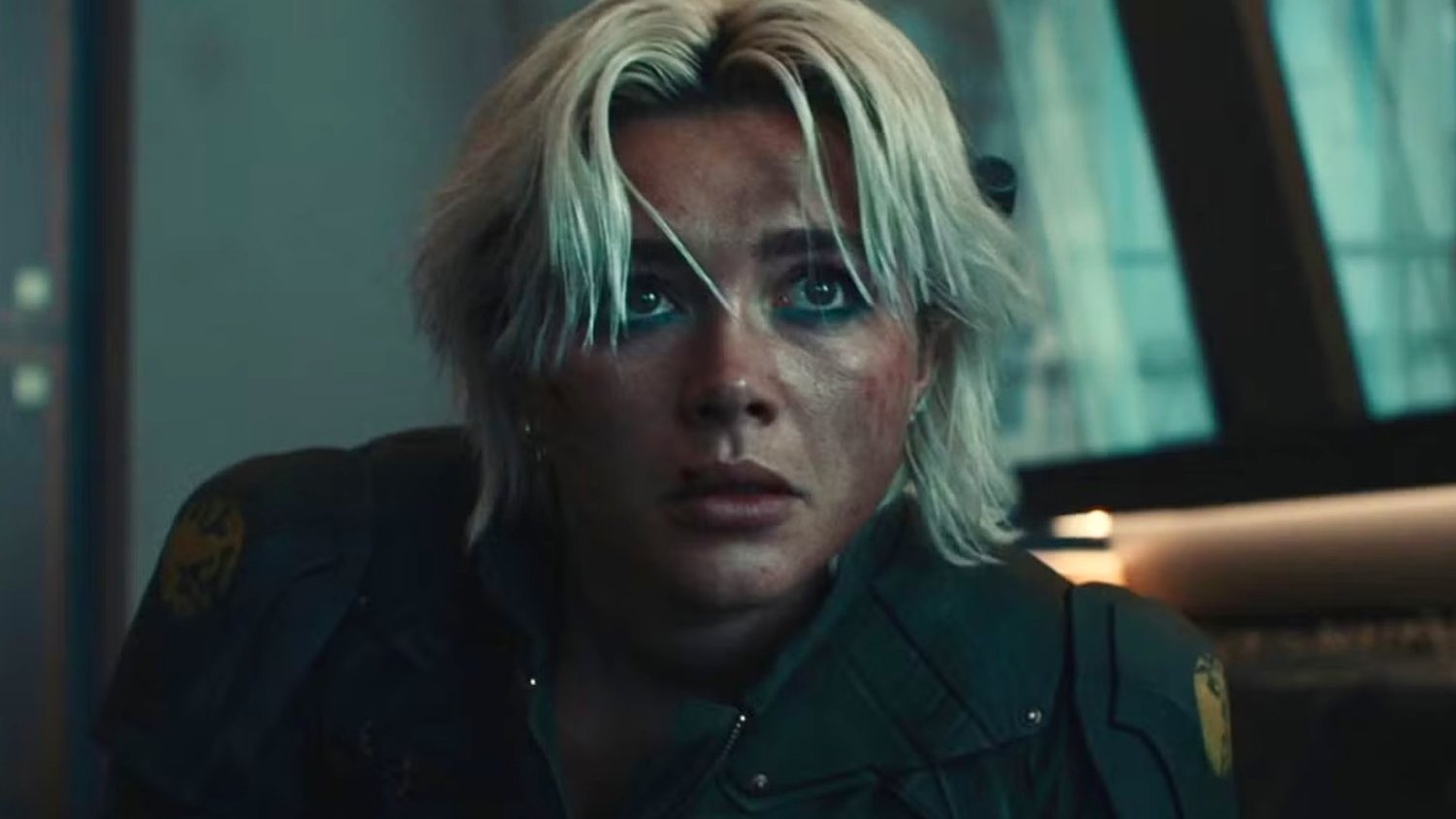
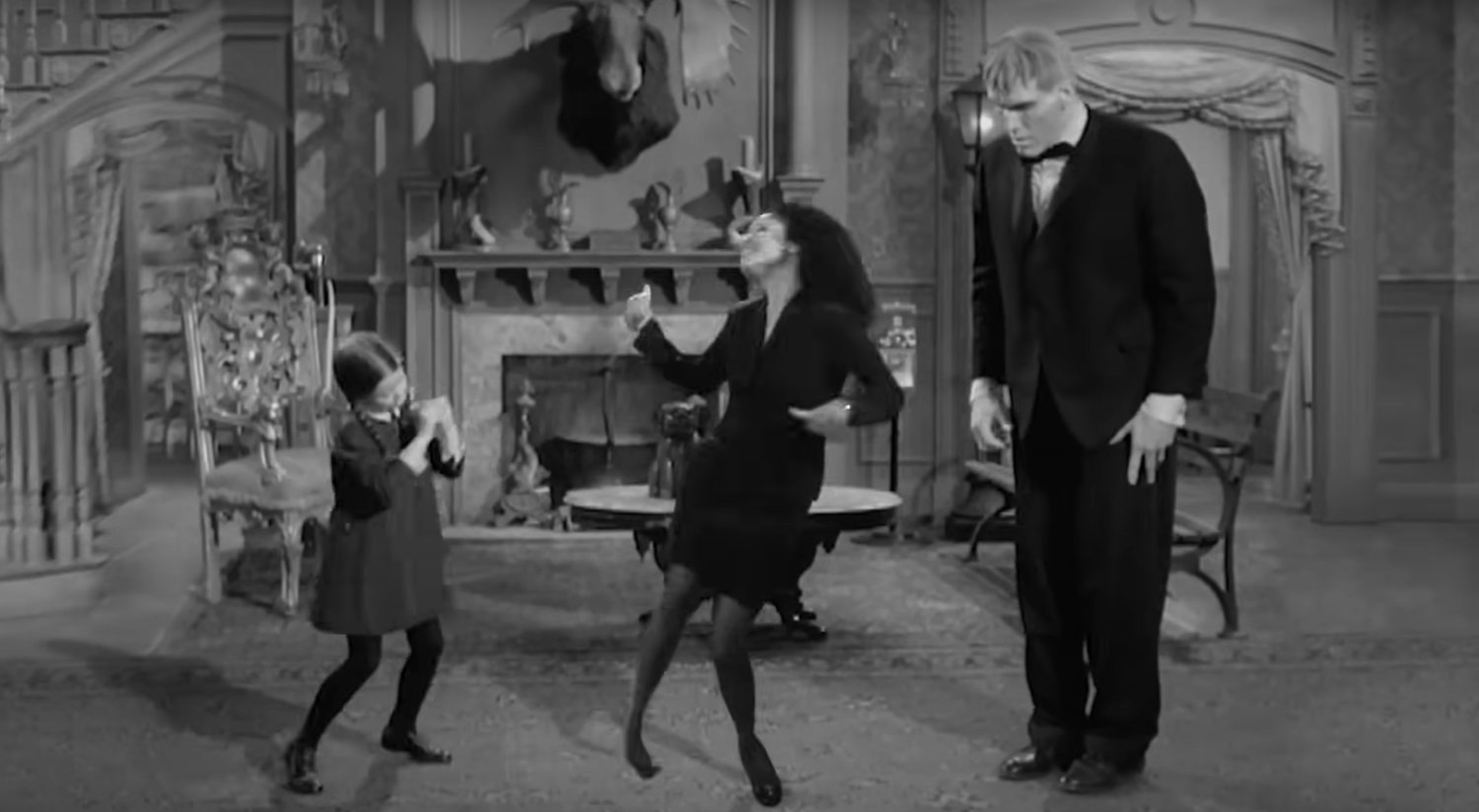
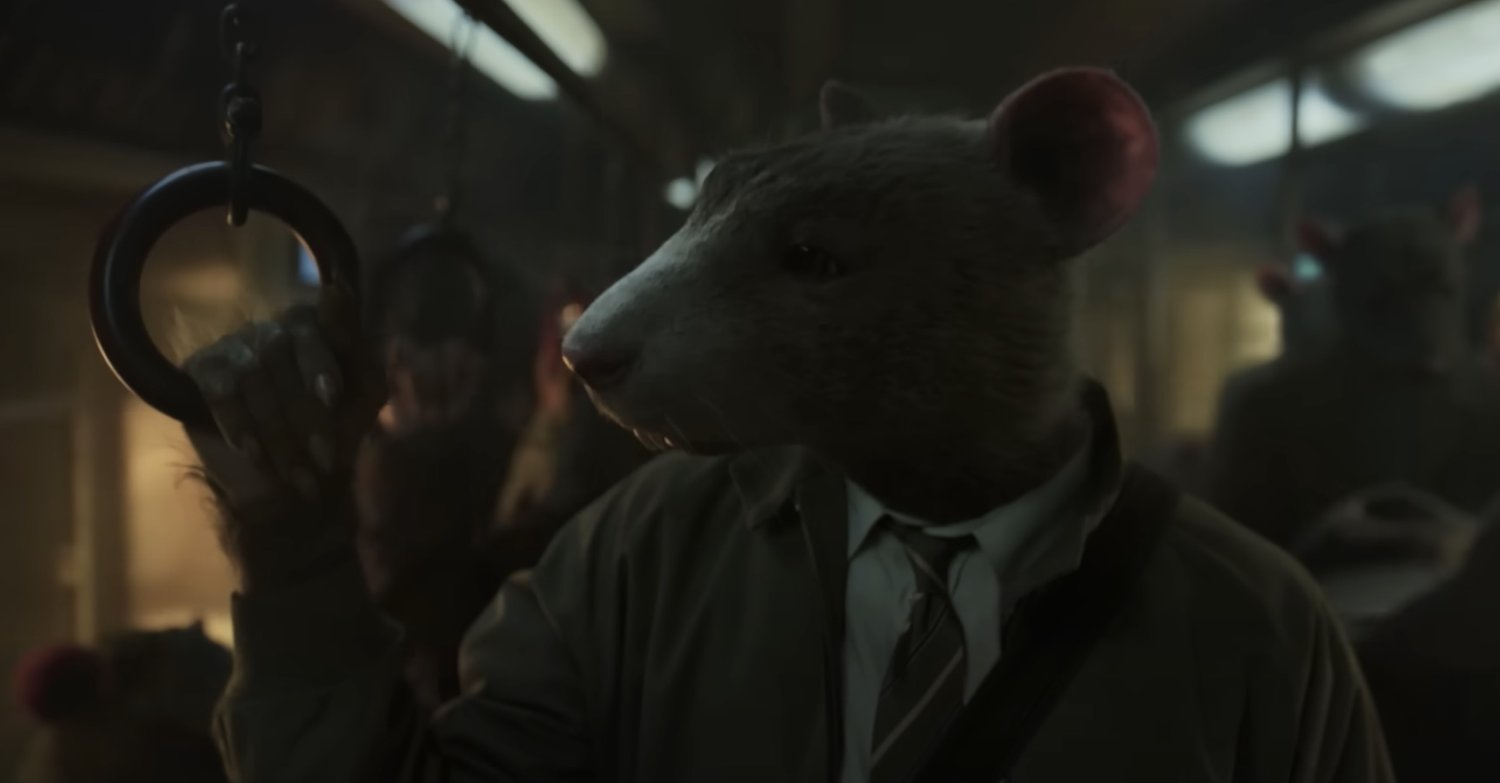
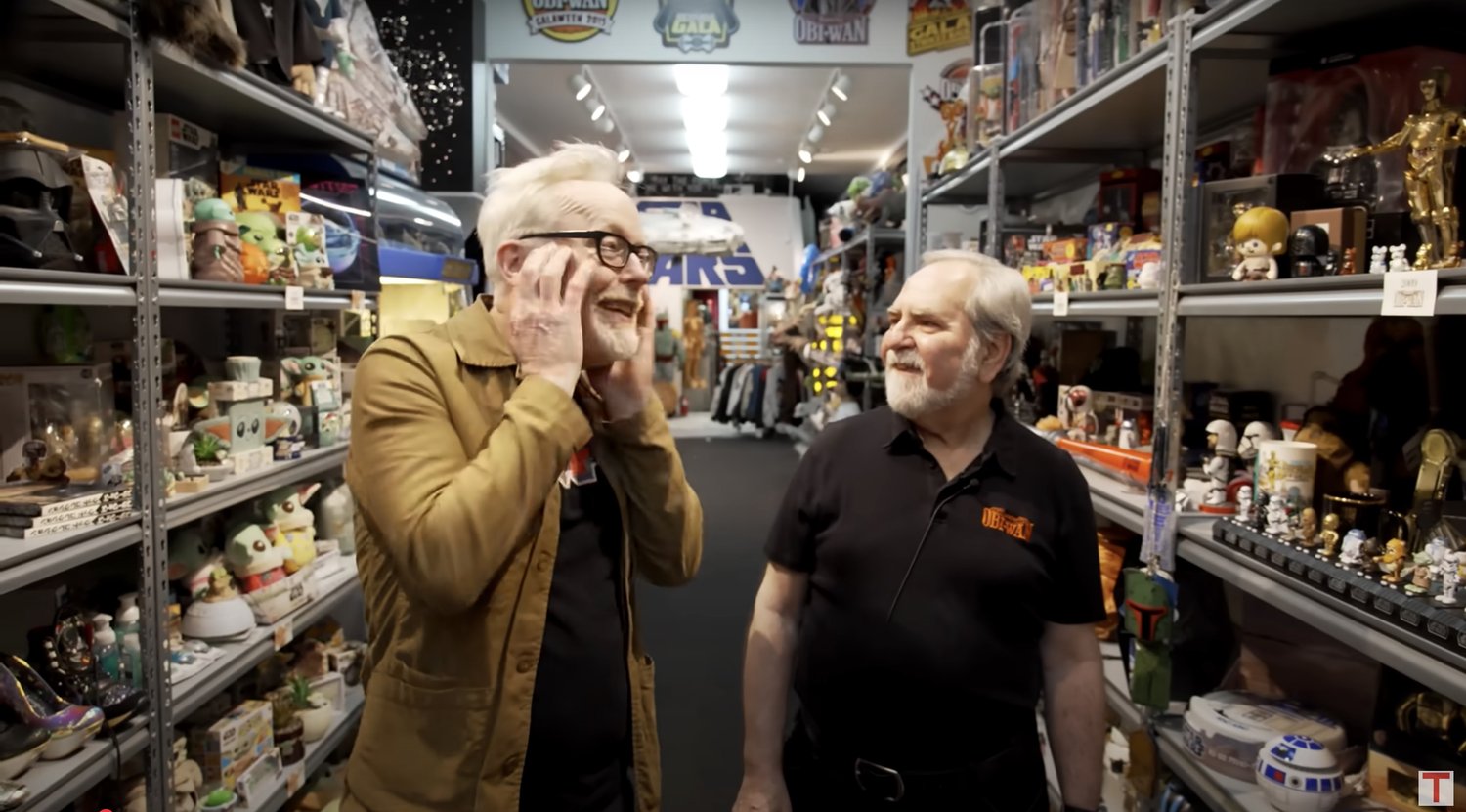








![Hollow Rendition [on SLEEPY HOLLOW]](https://jonathanrosenbaum.net/wp-content/uploads/2010/03/sleepy-hollow32.jpg)
![It All Adds Up [FOUR CORNERS]](https://jonathanrosenbaum.net/wp-content/uploads/2010/08/fourcorners.jpg)

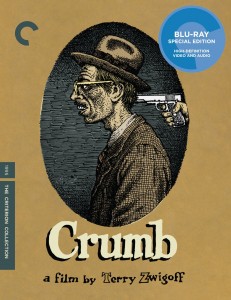
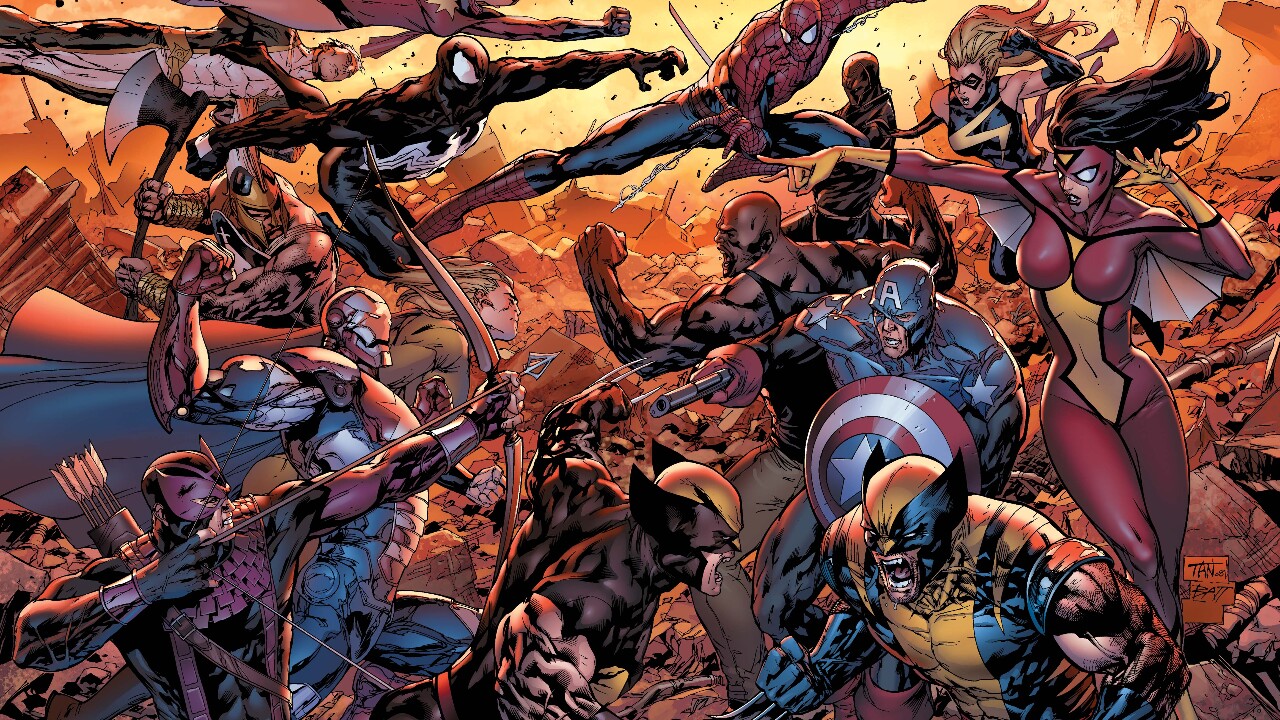
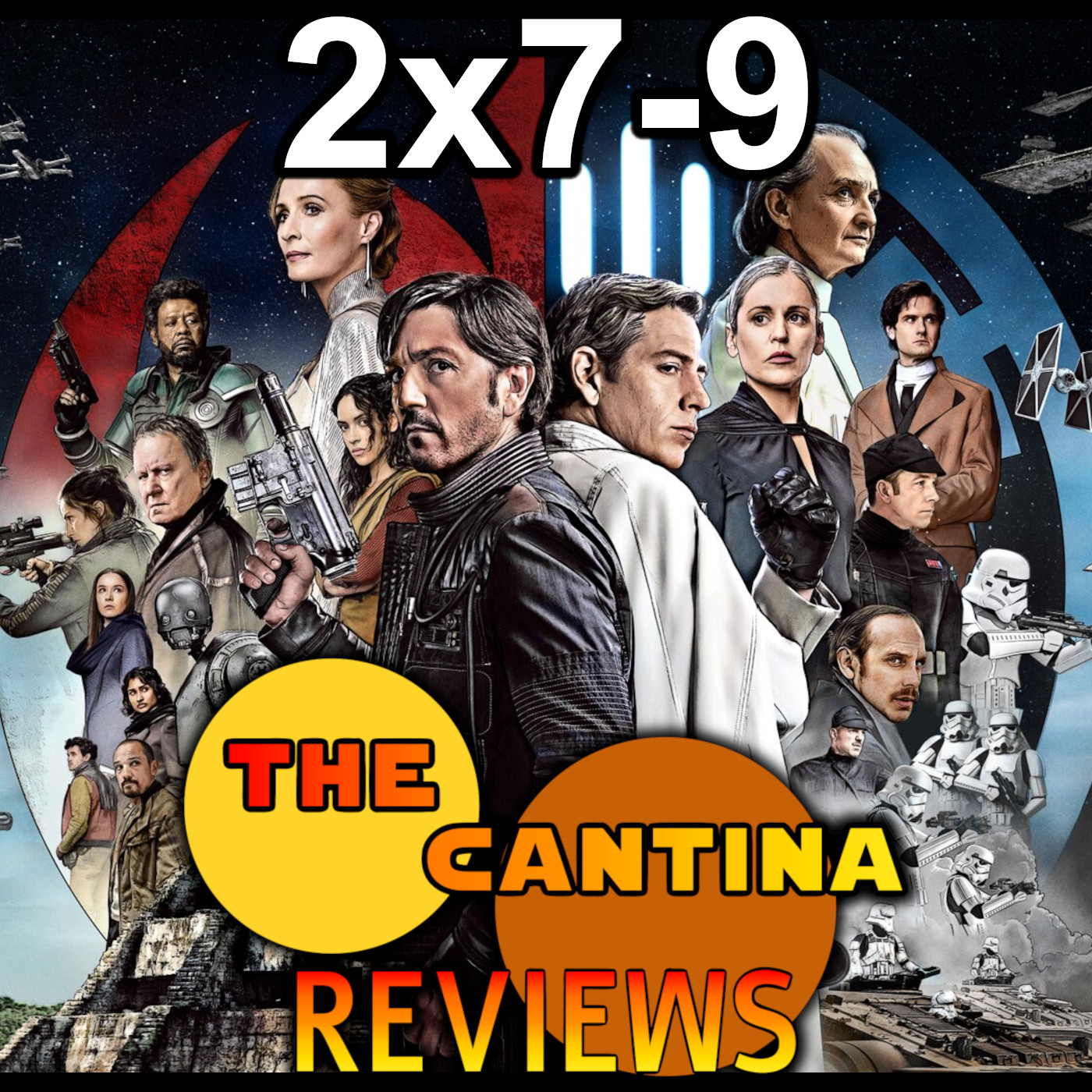
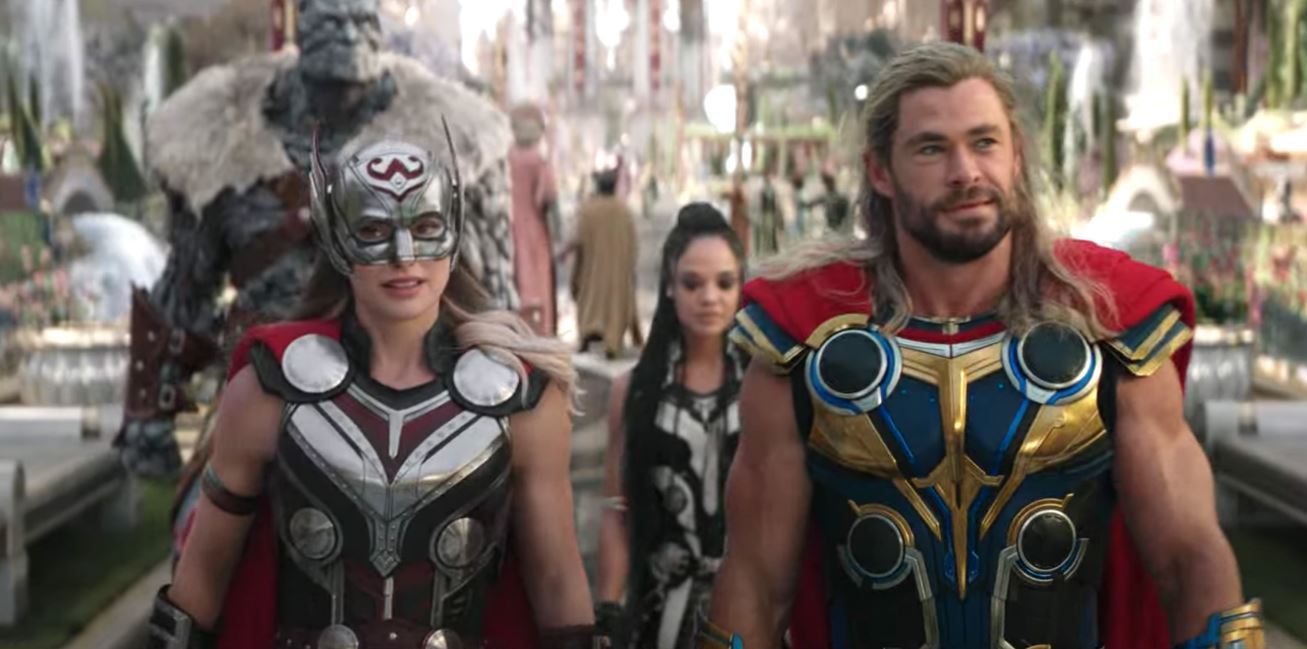
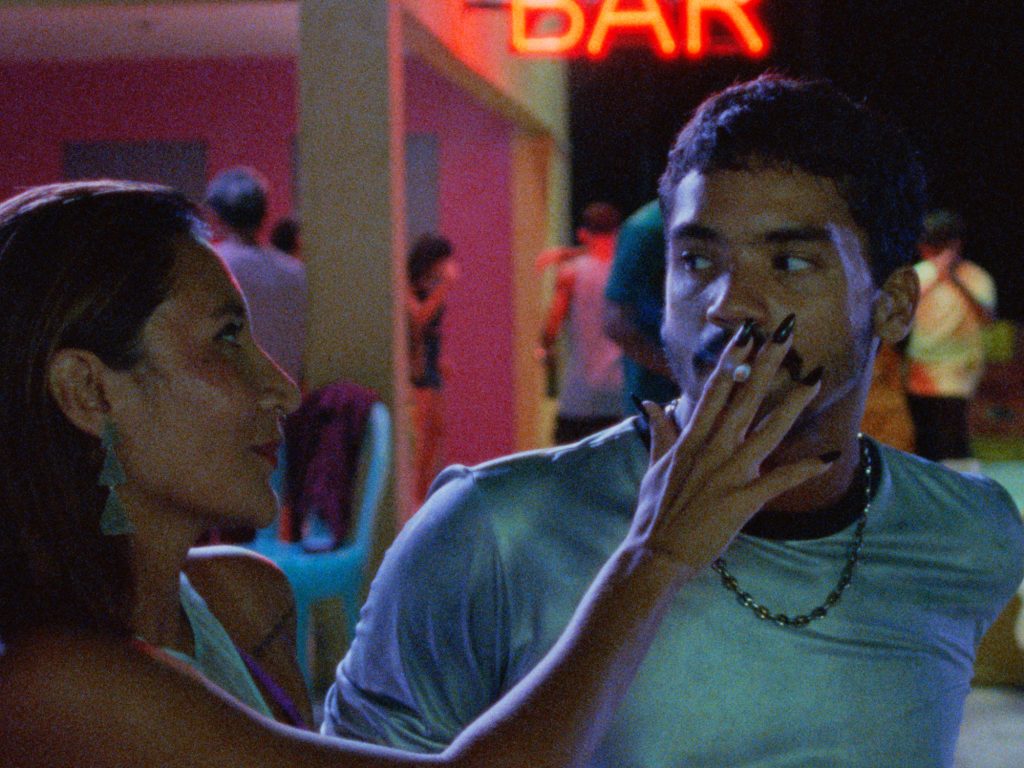

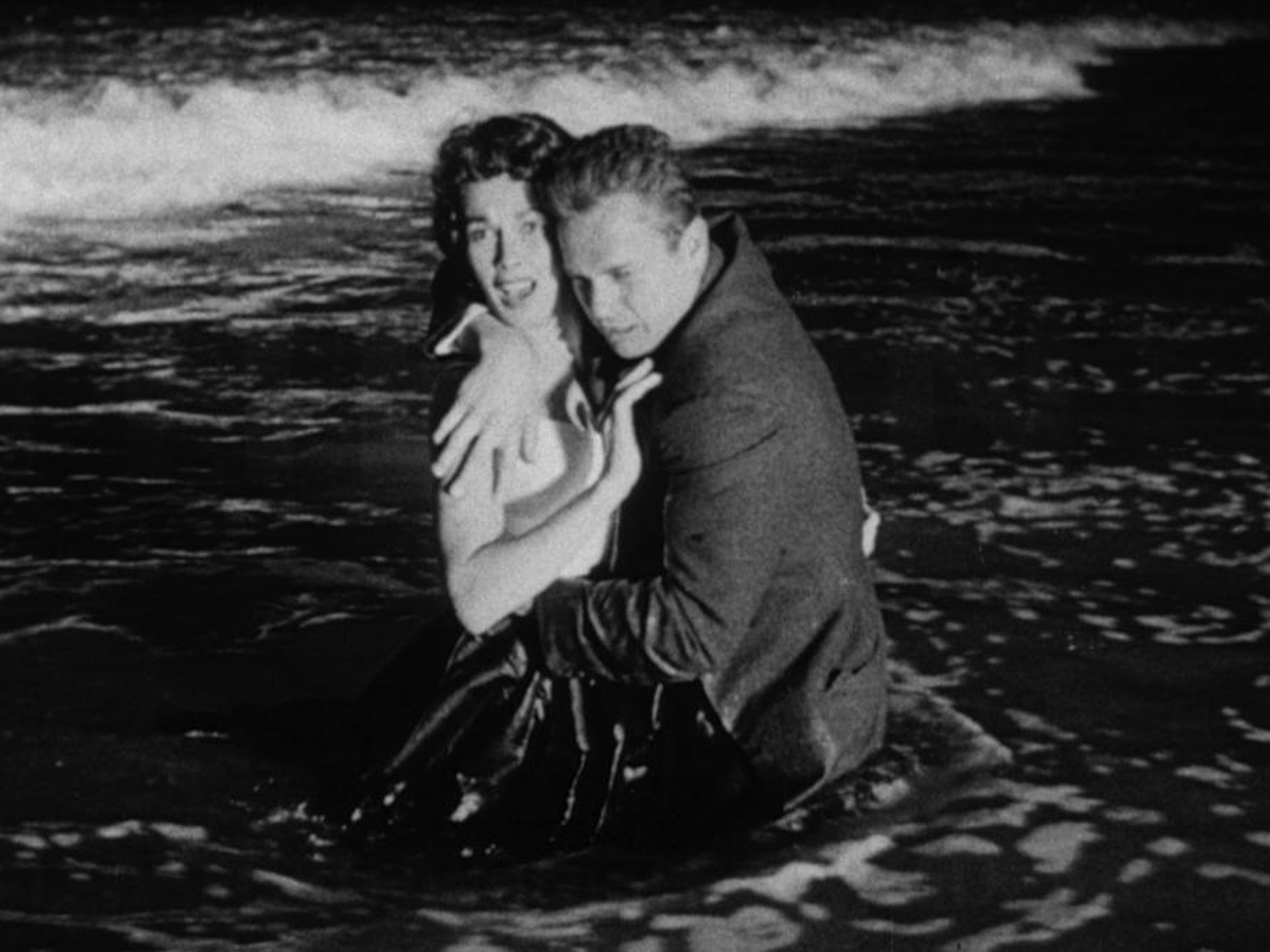








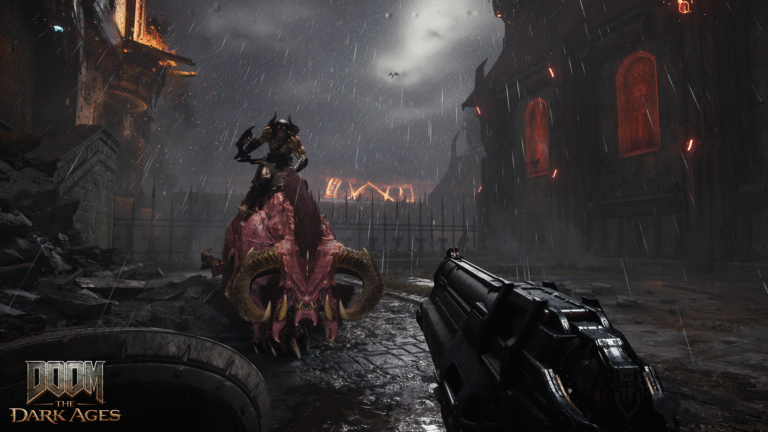
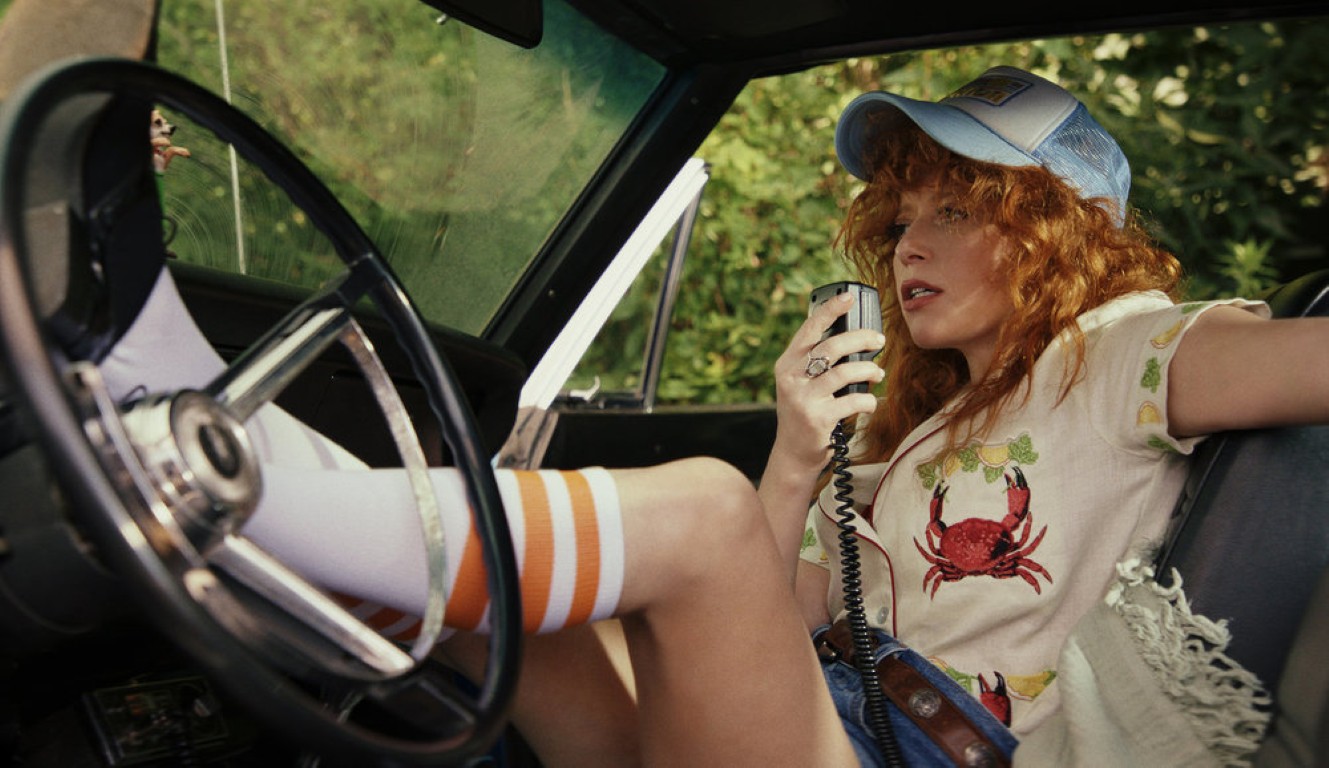
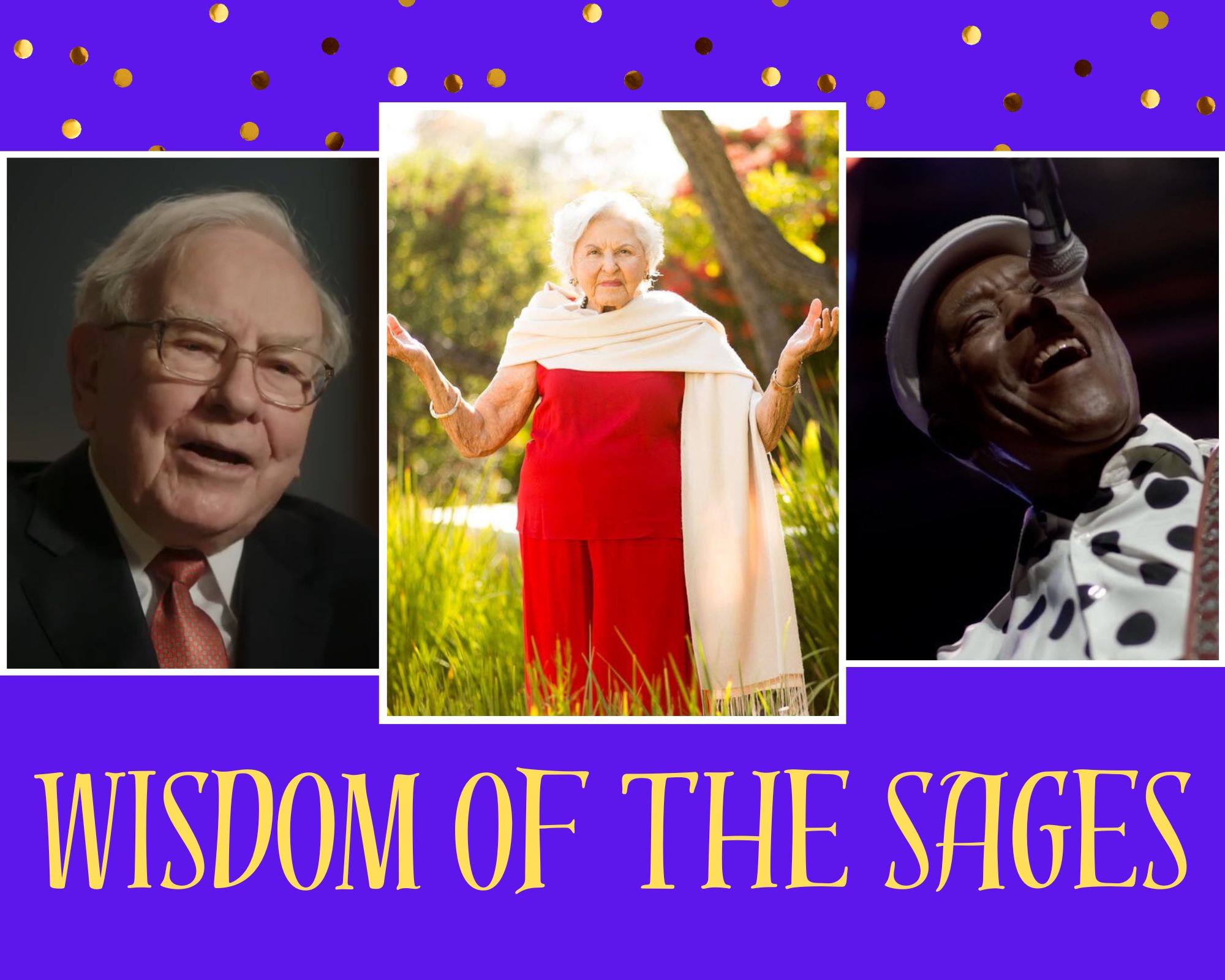




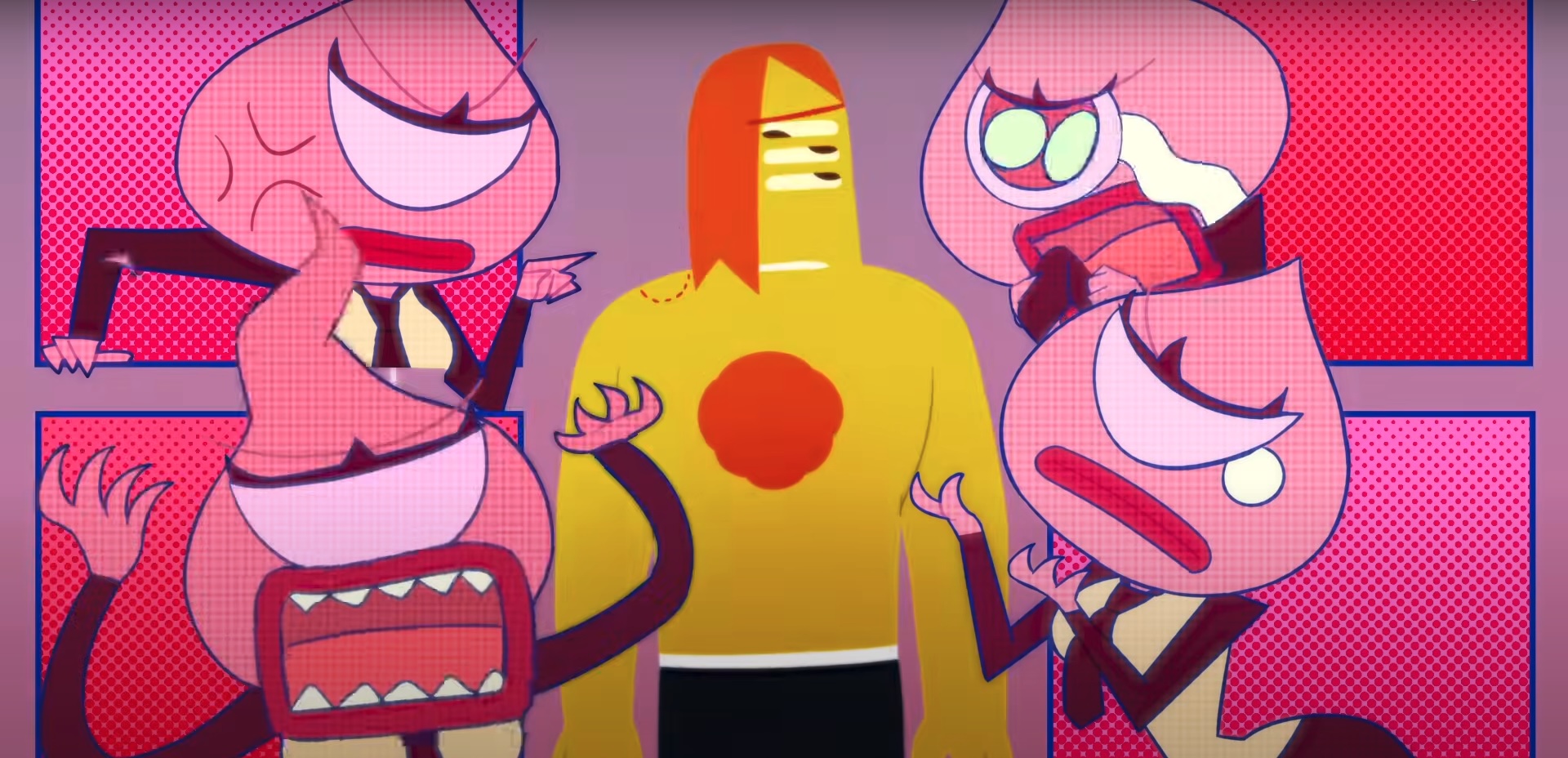
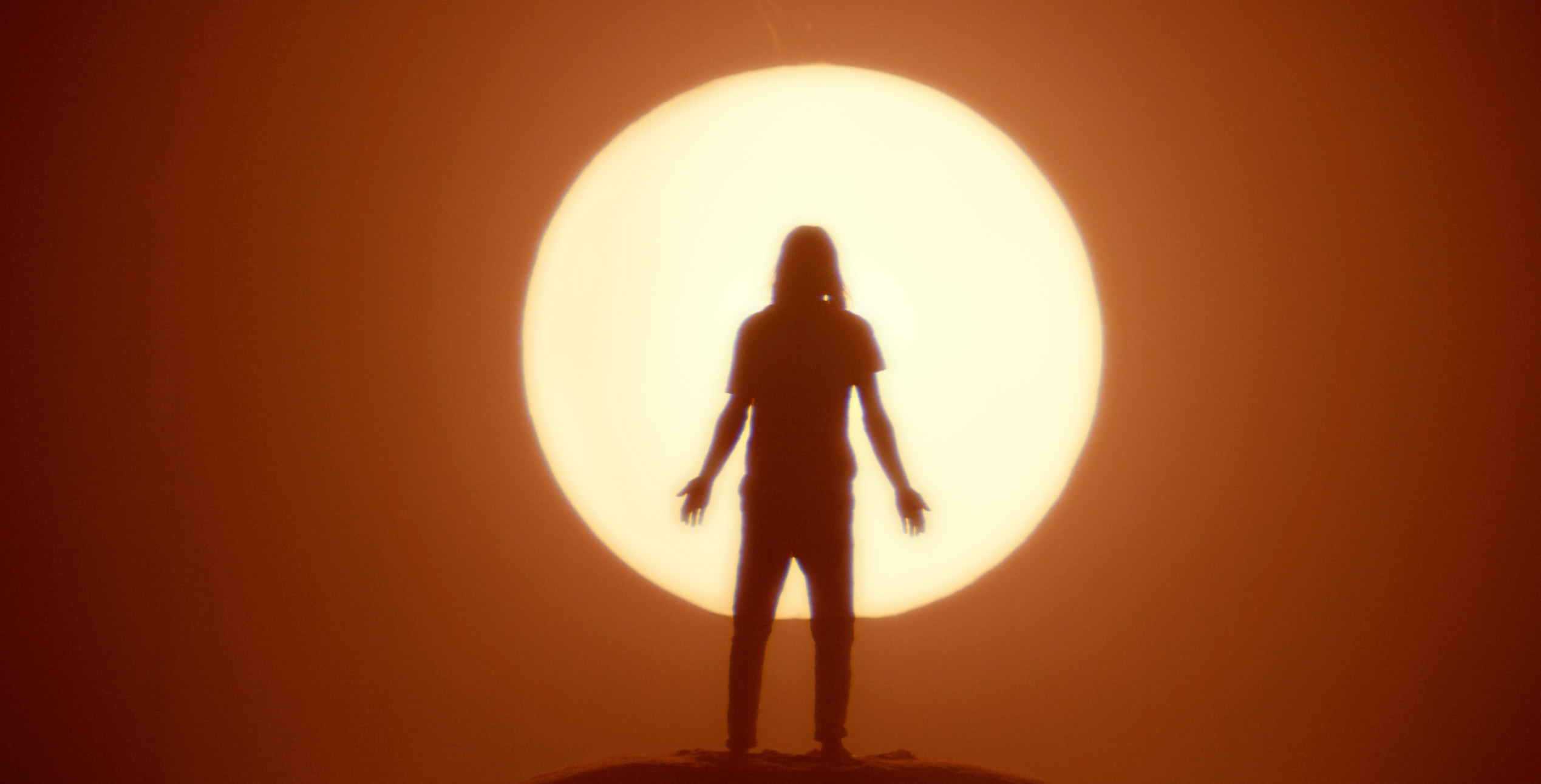
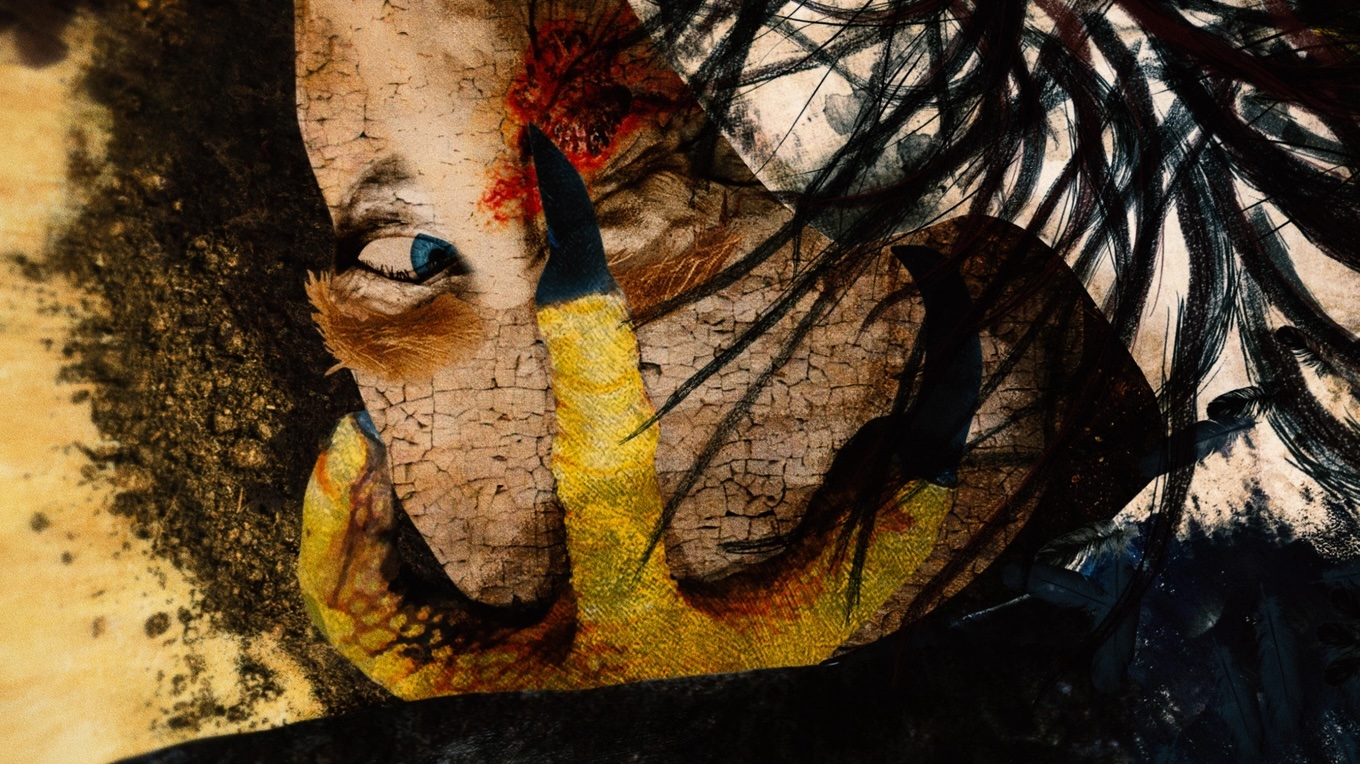


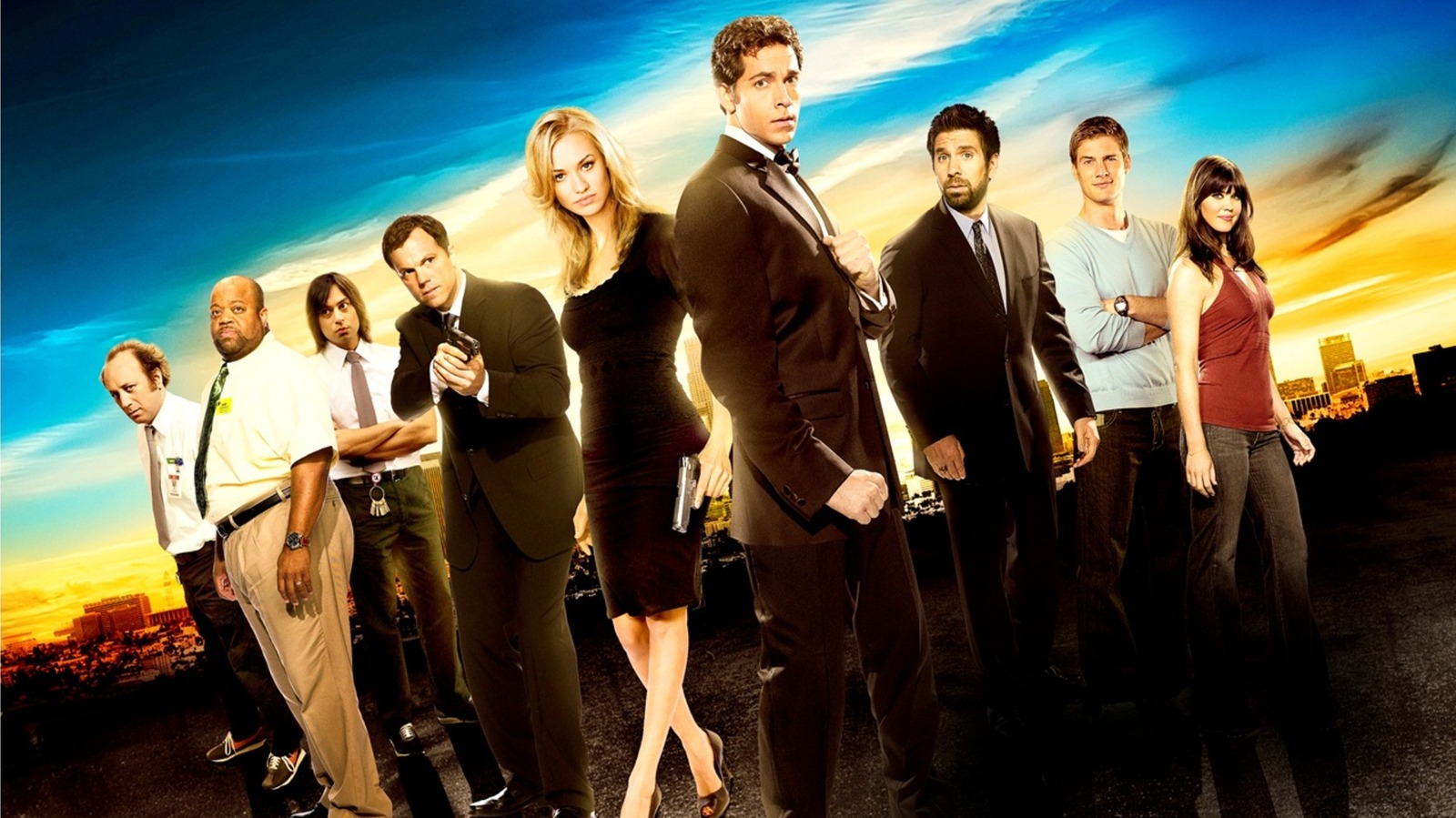
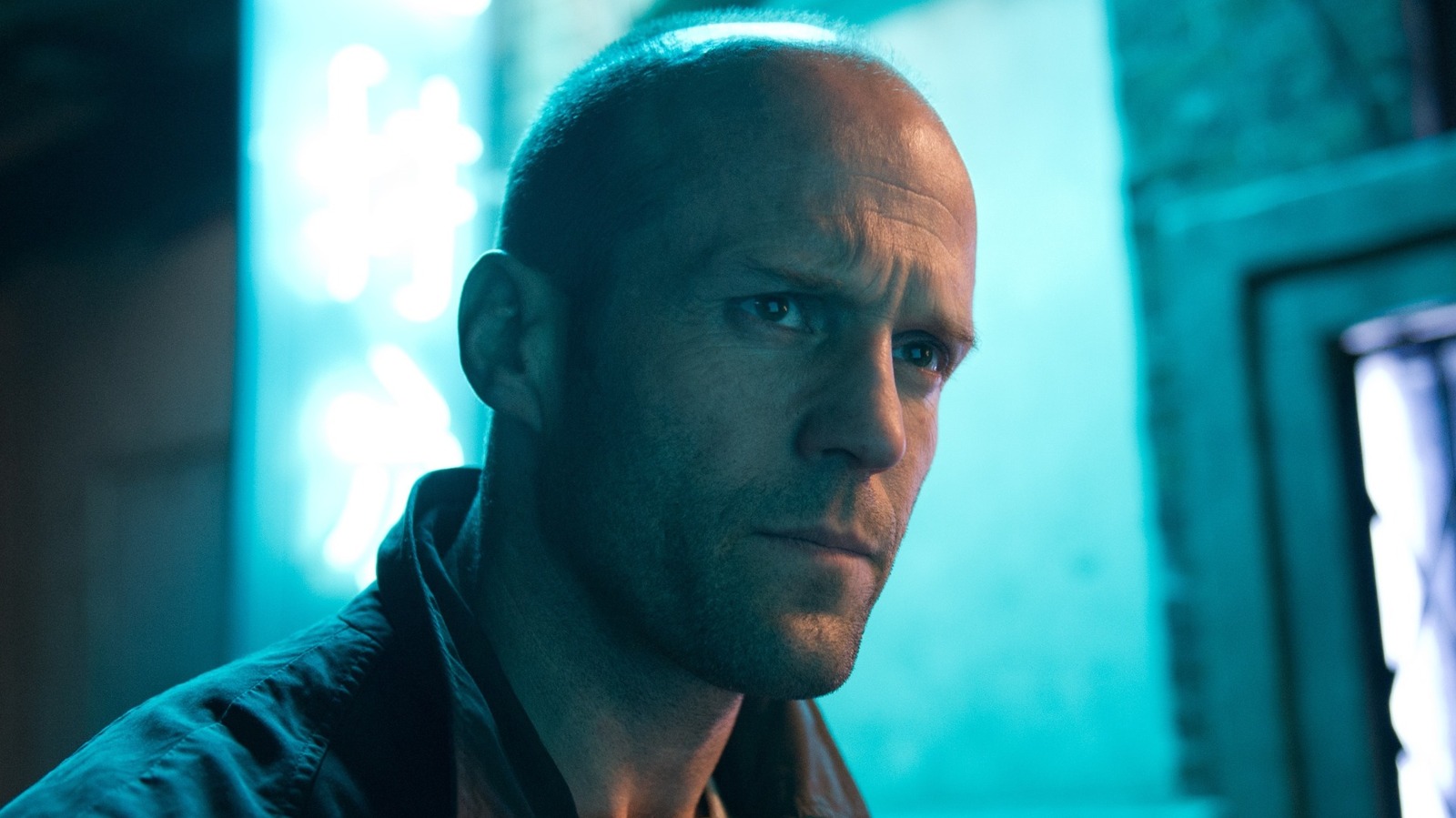
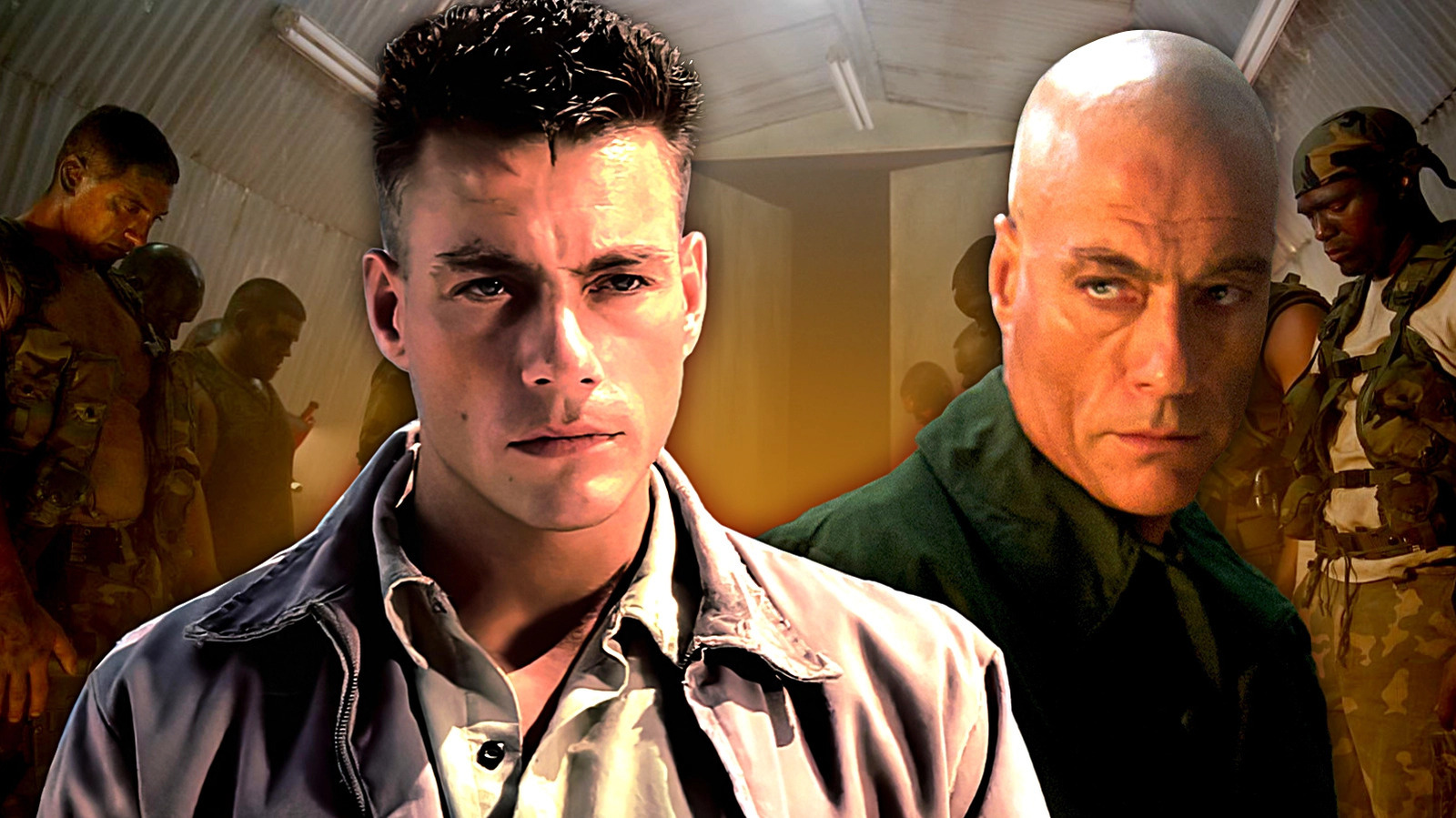



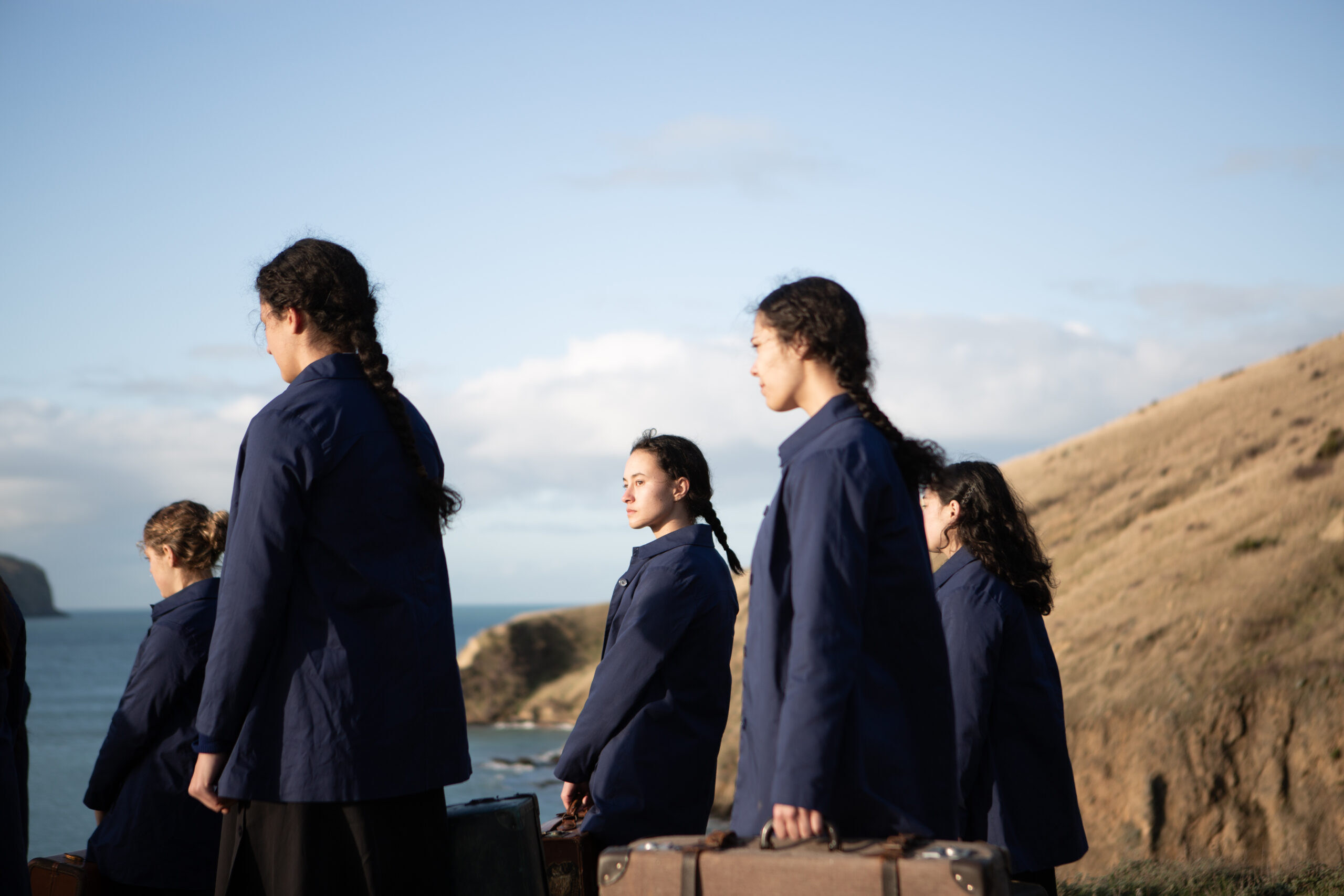

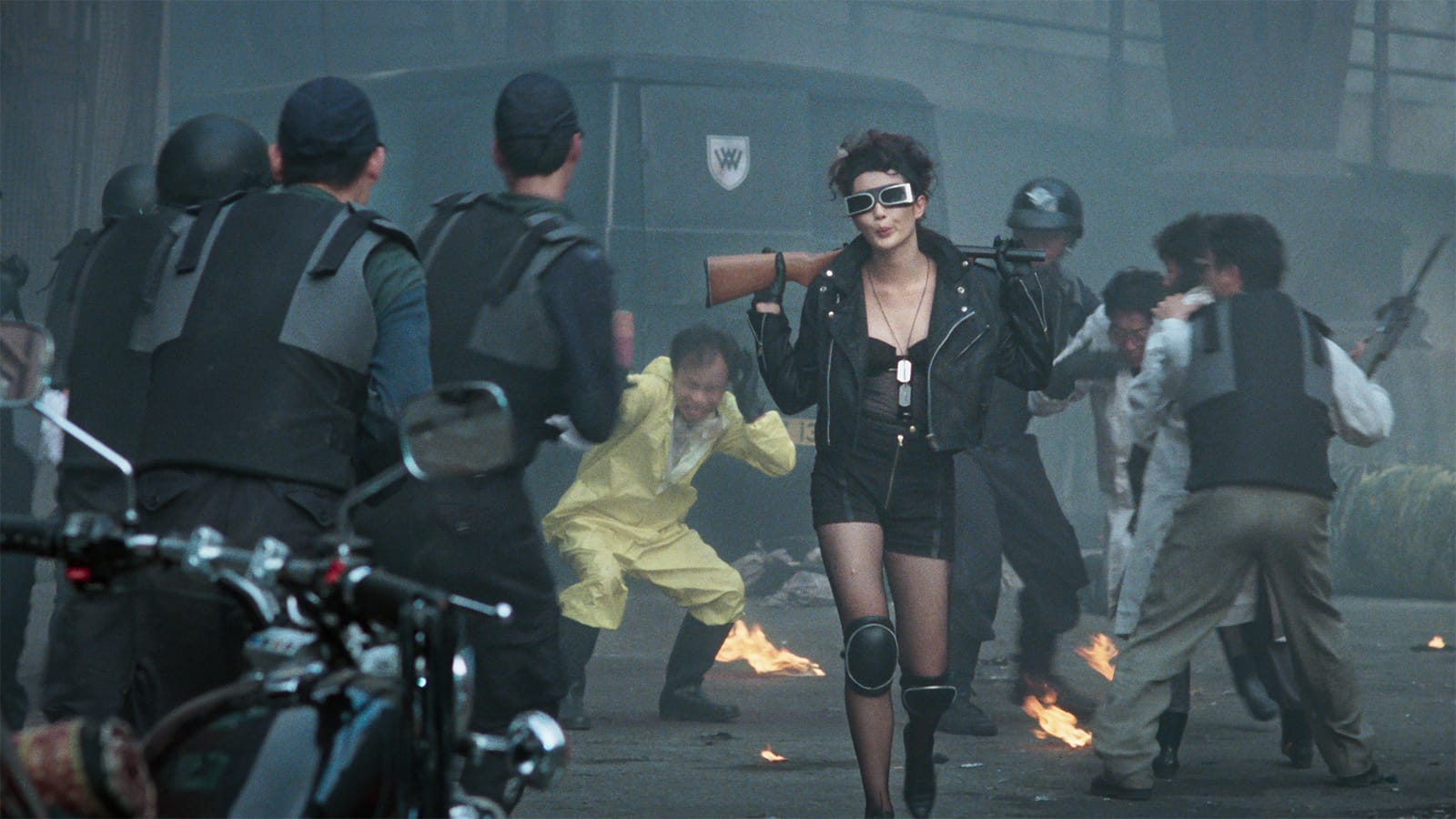
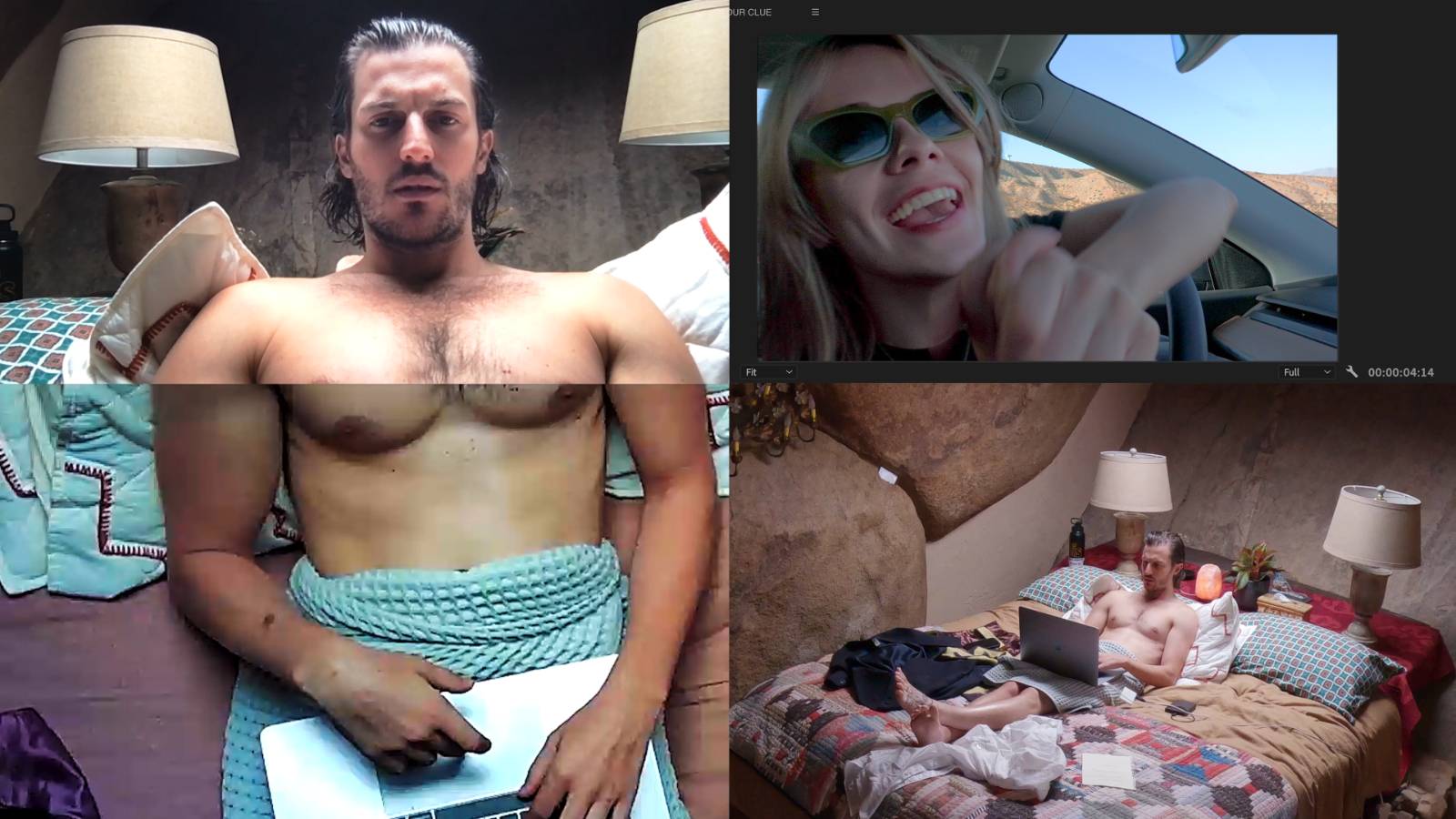




![Natasha Rothwell Pitched Belinda’s Big Moment In ‘The White Lotus’ Season 3 [Interview]](https://cdn.theplaylist.net/wp-content/uploads/2025/05/09171530/NatashaRothwellWhiteLotusSeason2.jpg)
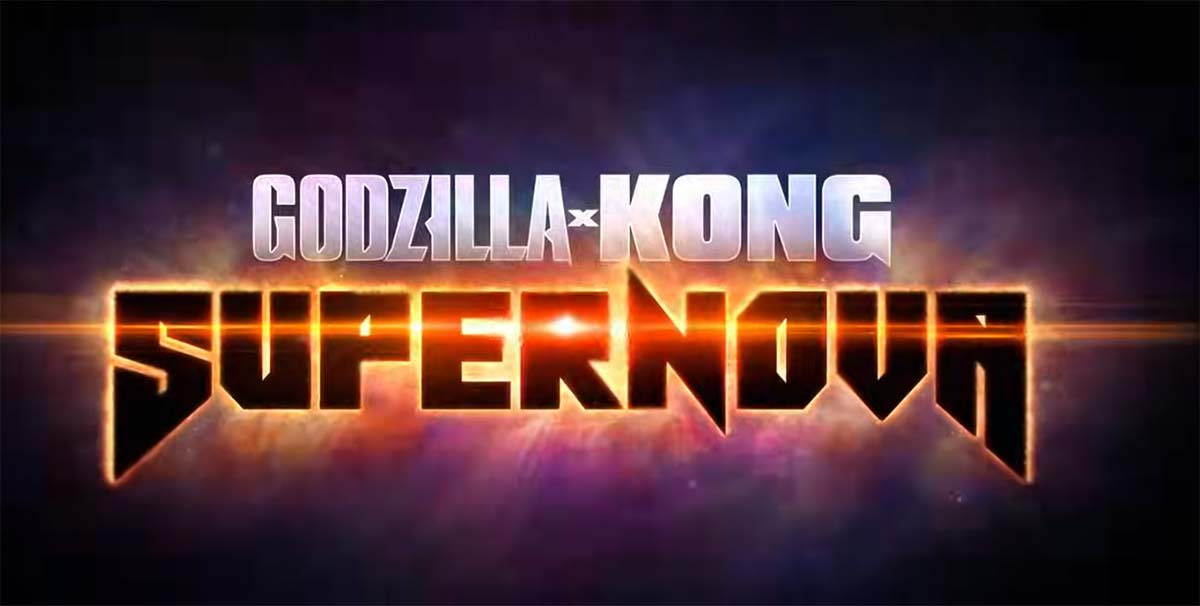
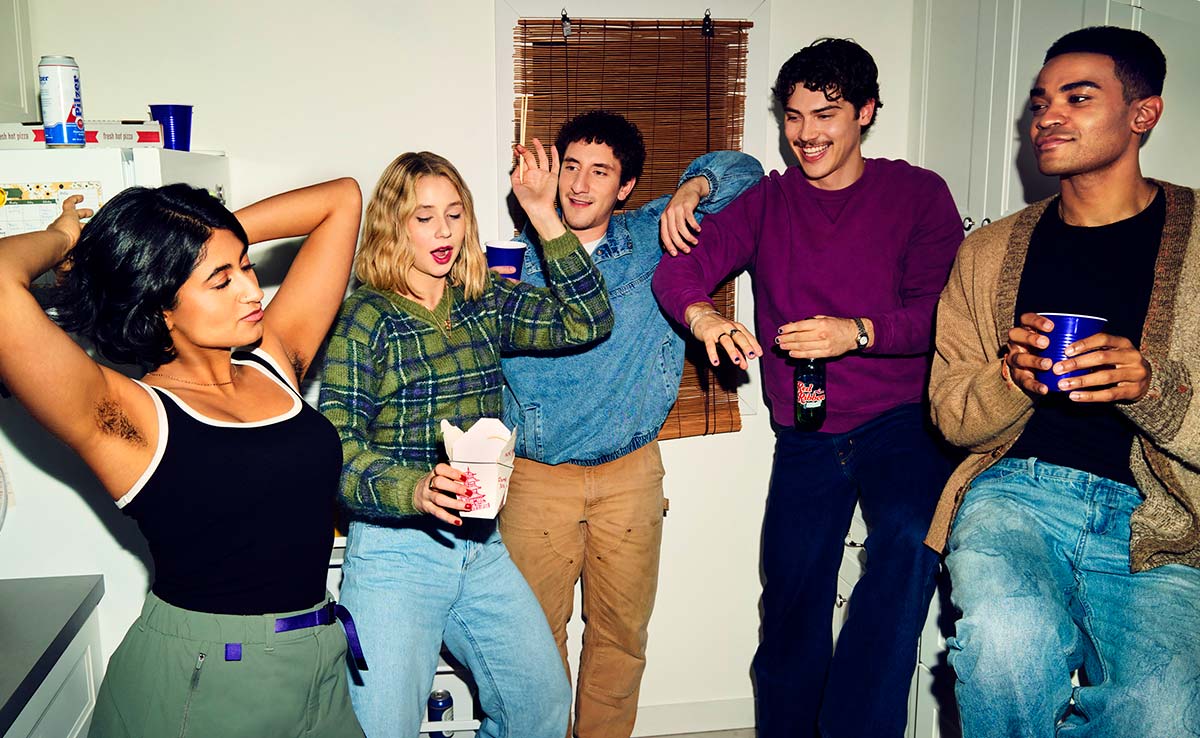
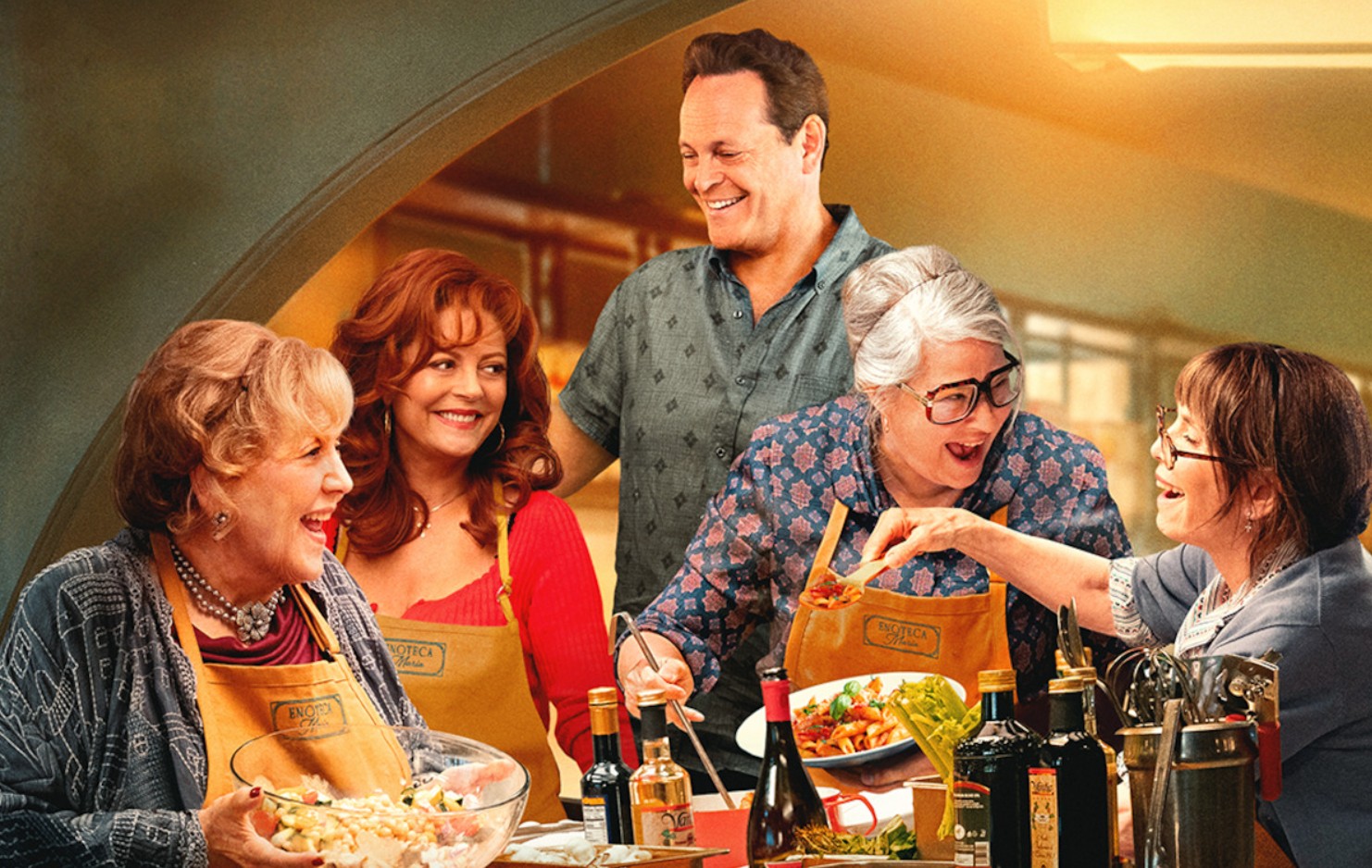
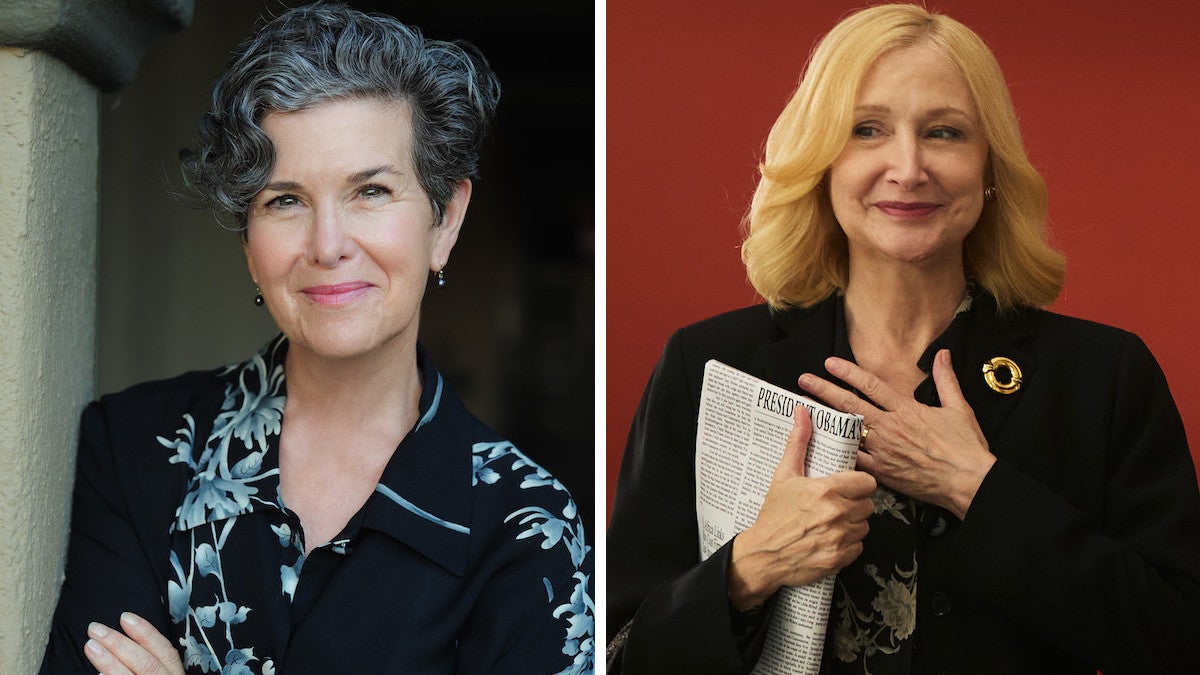
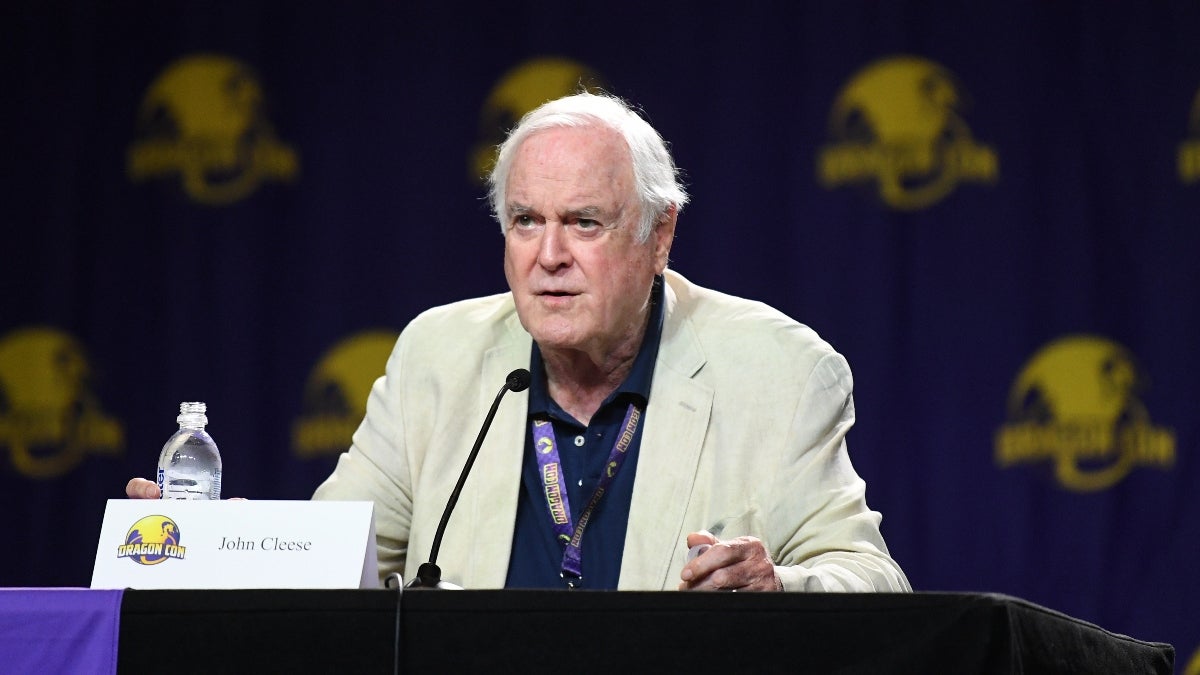



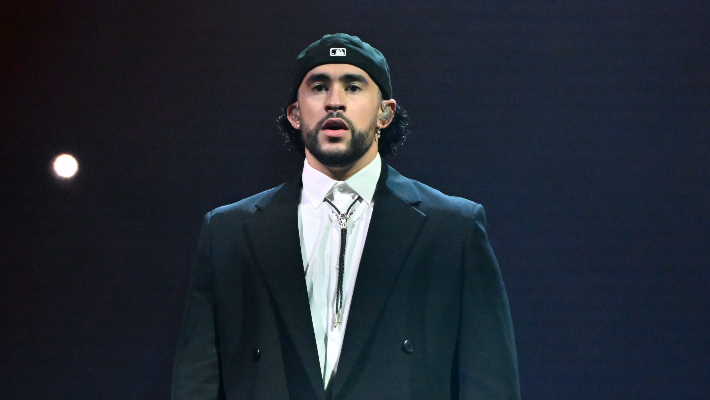
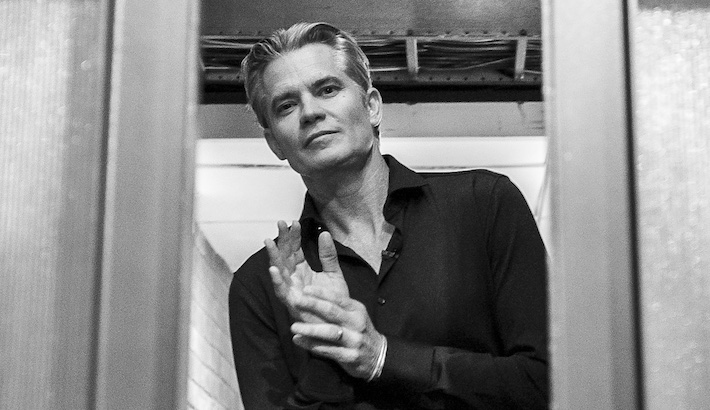

![Southwest Passenger Breaks Down In Tears After Unexpected Kindness—Then So Does The Agent [Roundup]](https://viewfromthewing.com/wp-content/uploads/2025/05/upscalemedia-transformed-1.jpeg?#)





